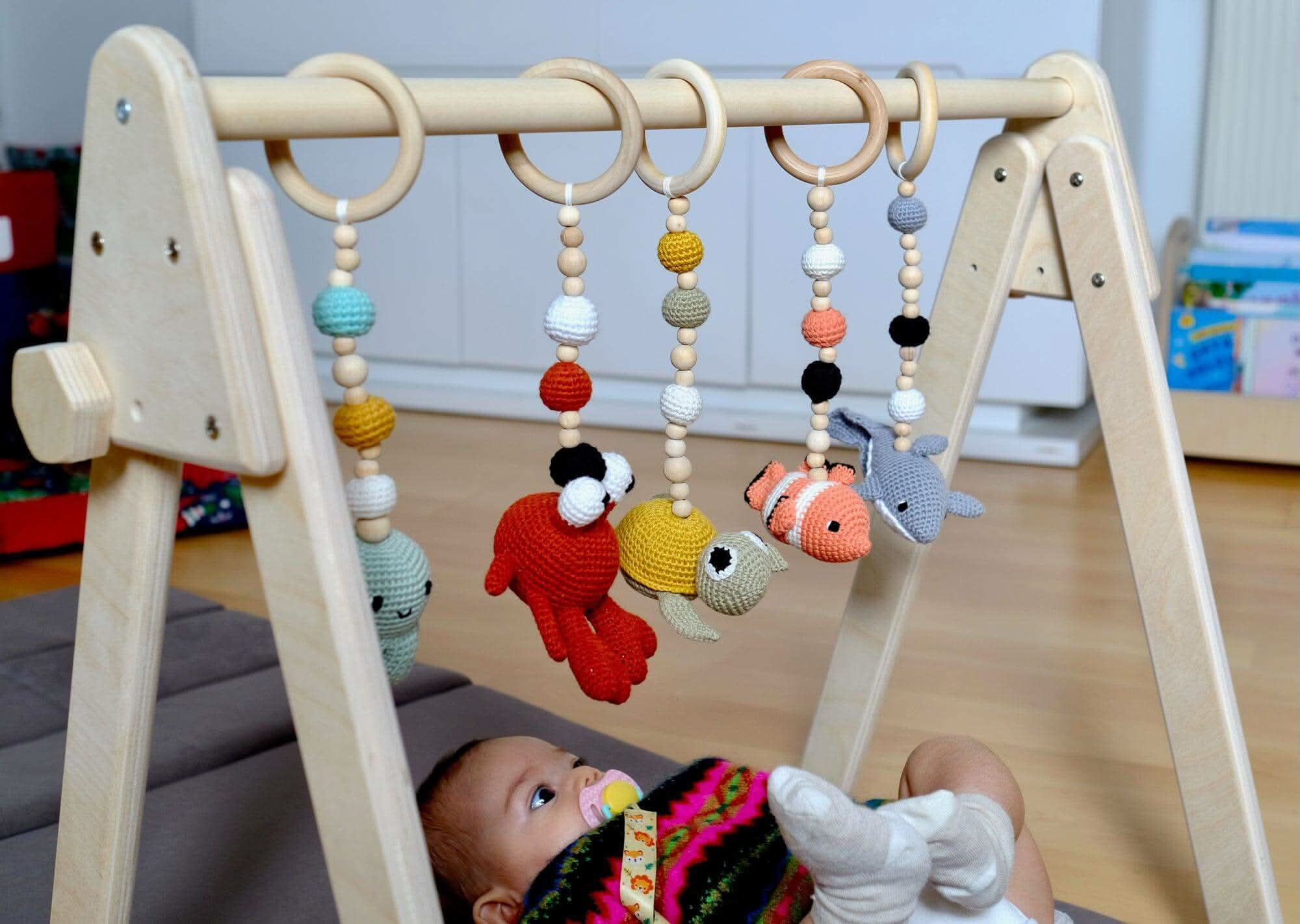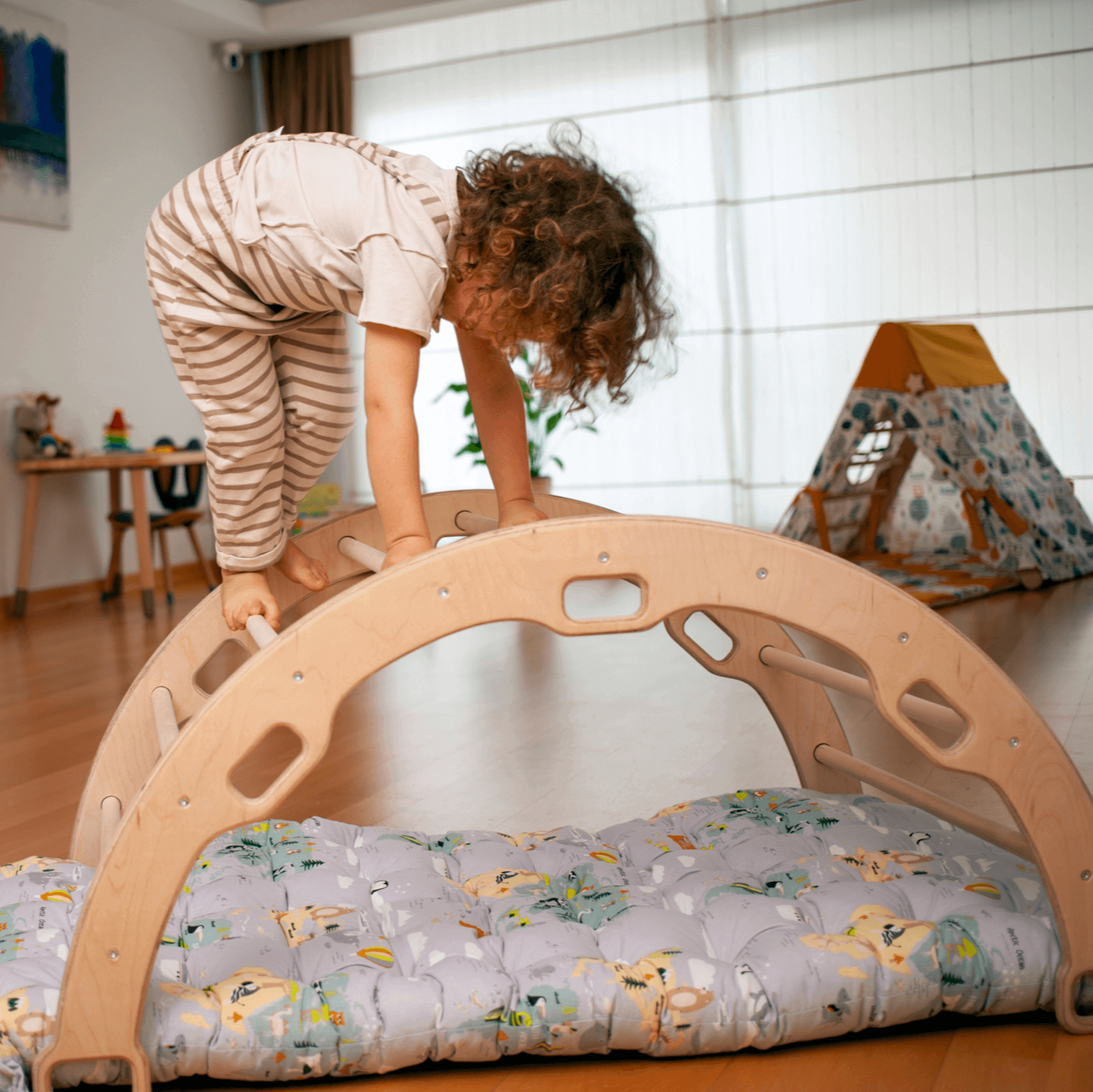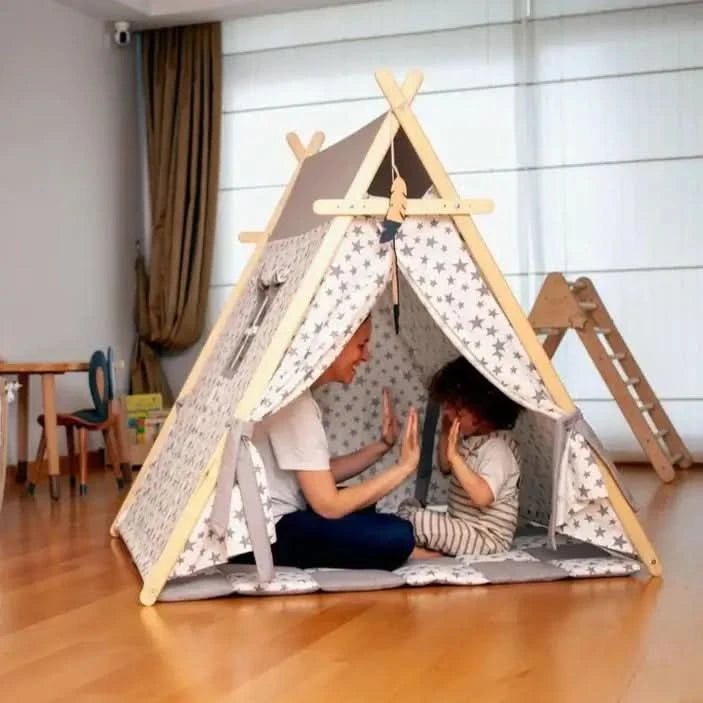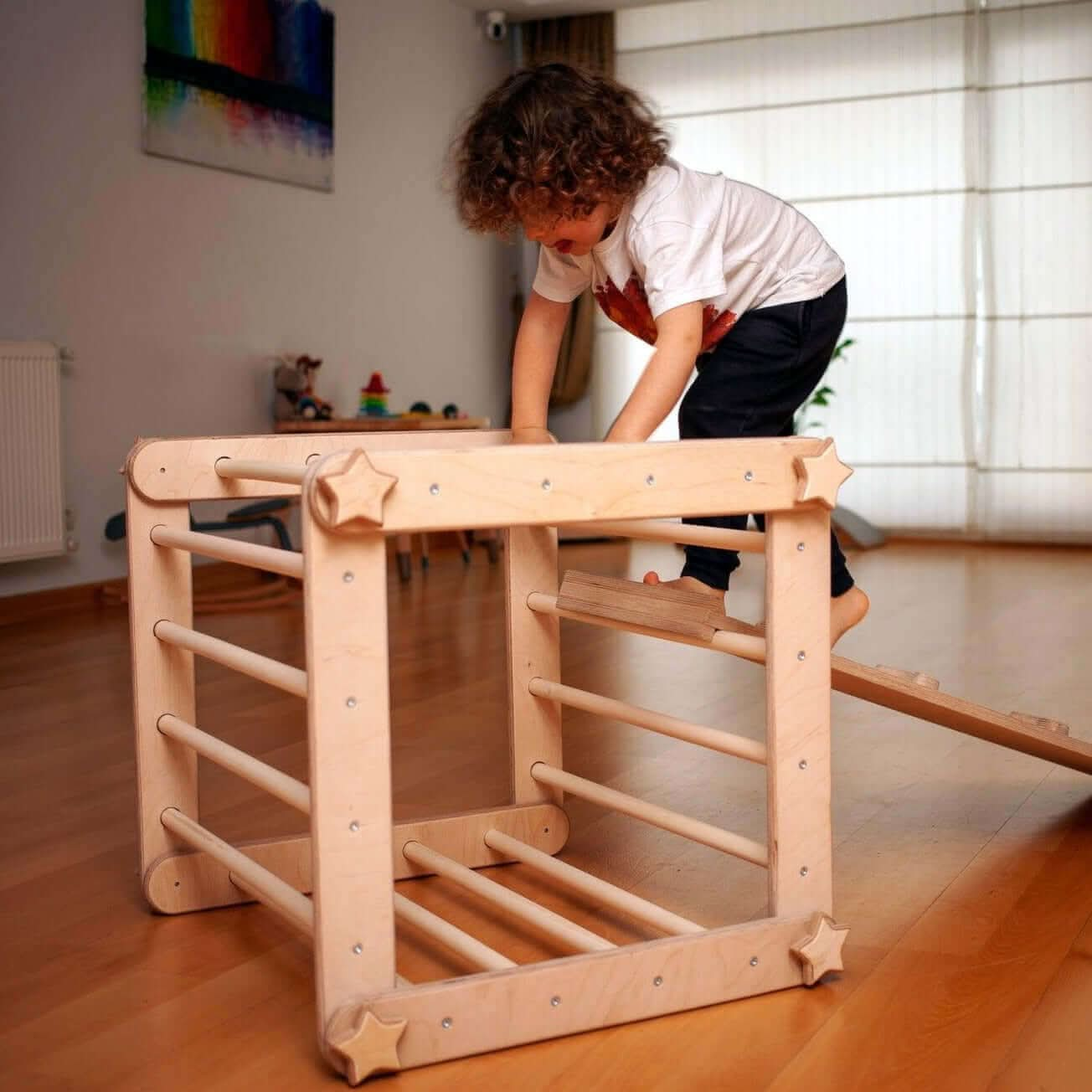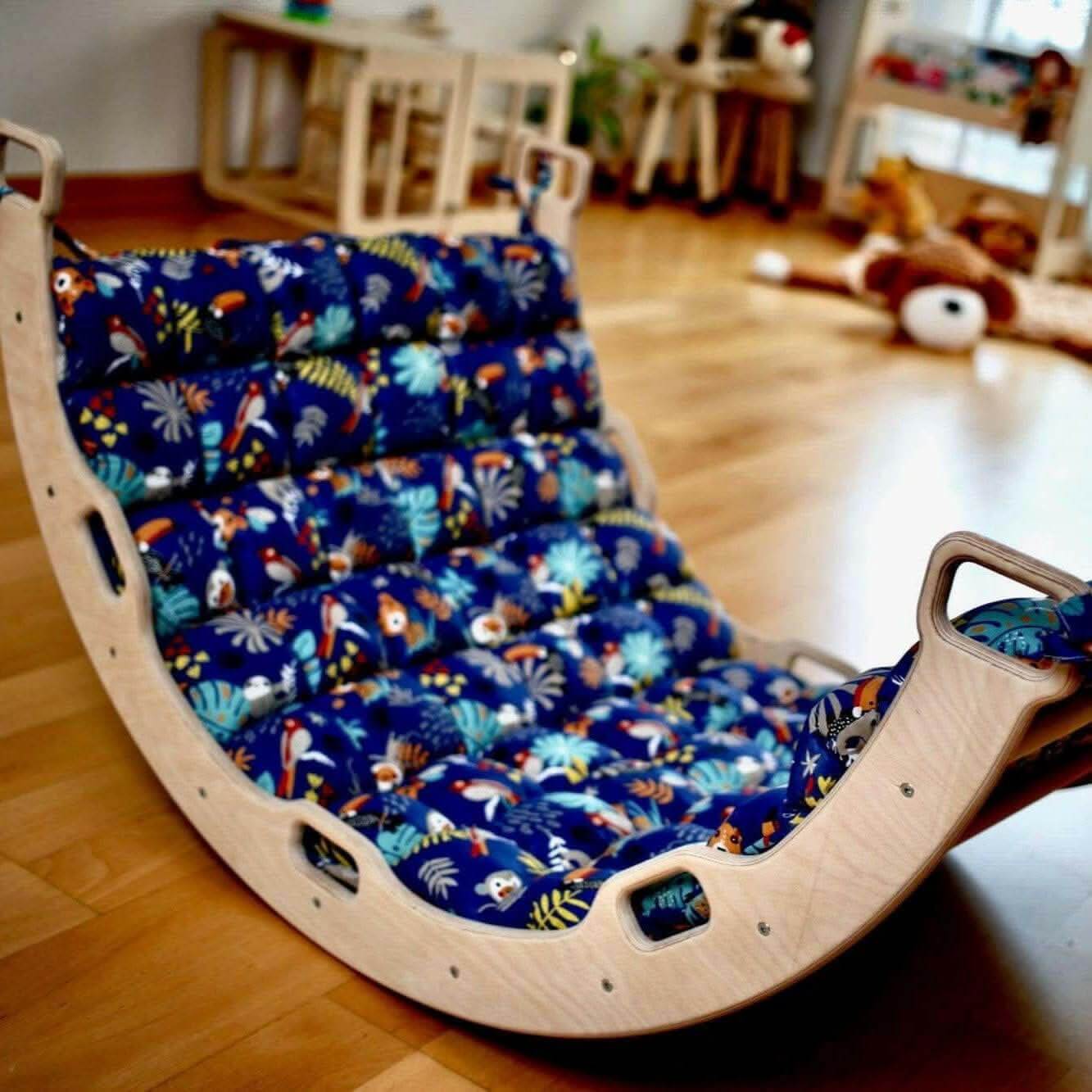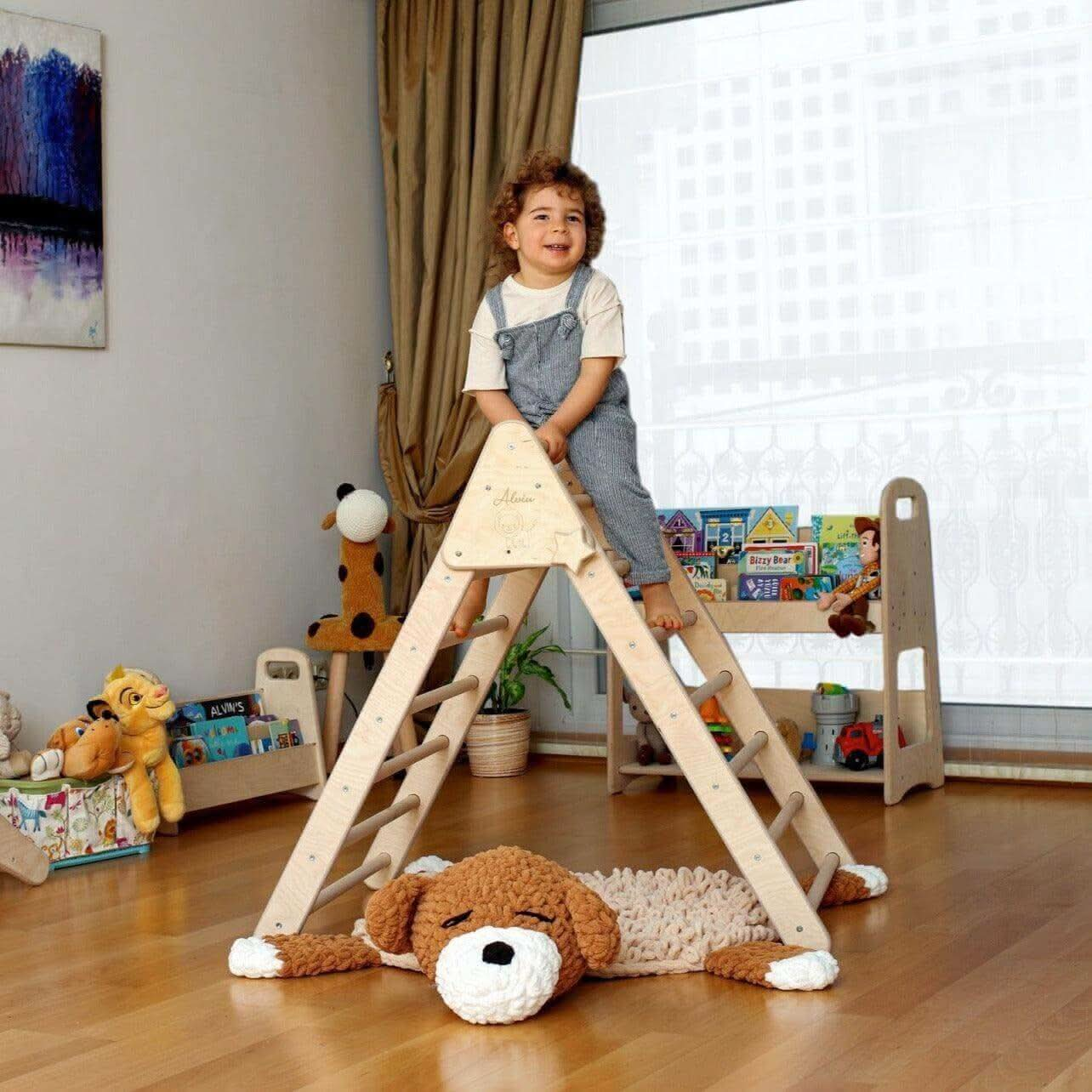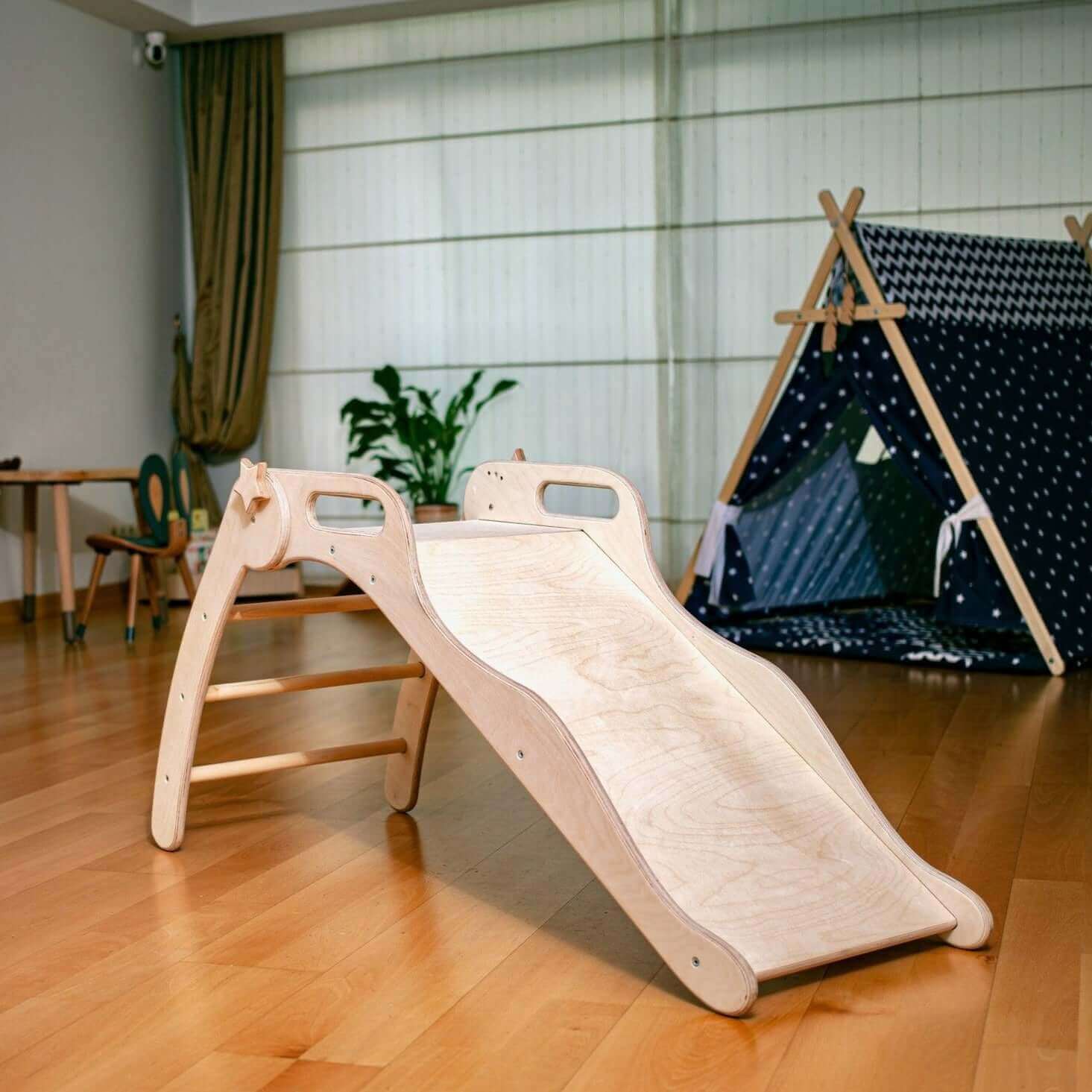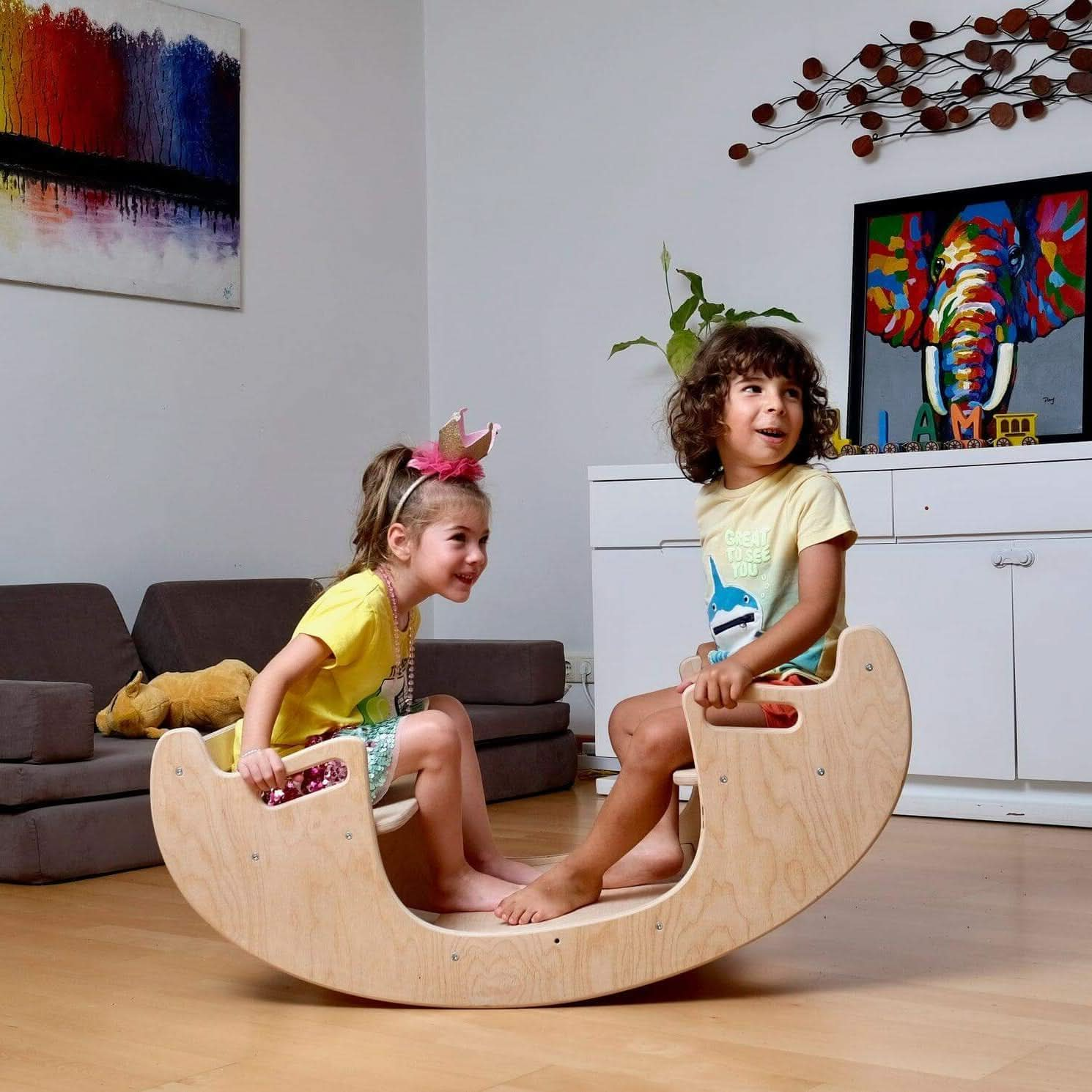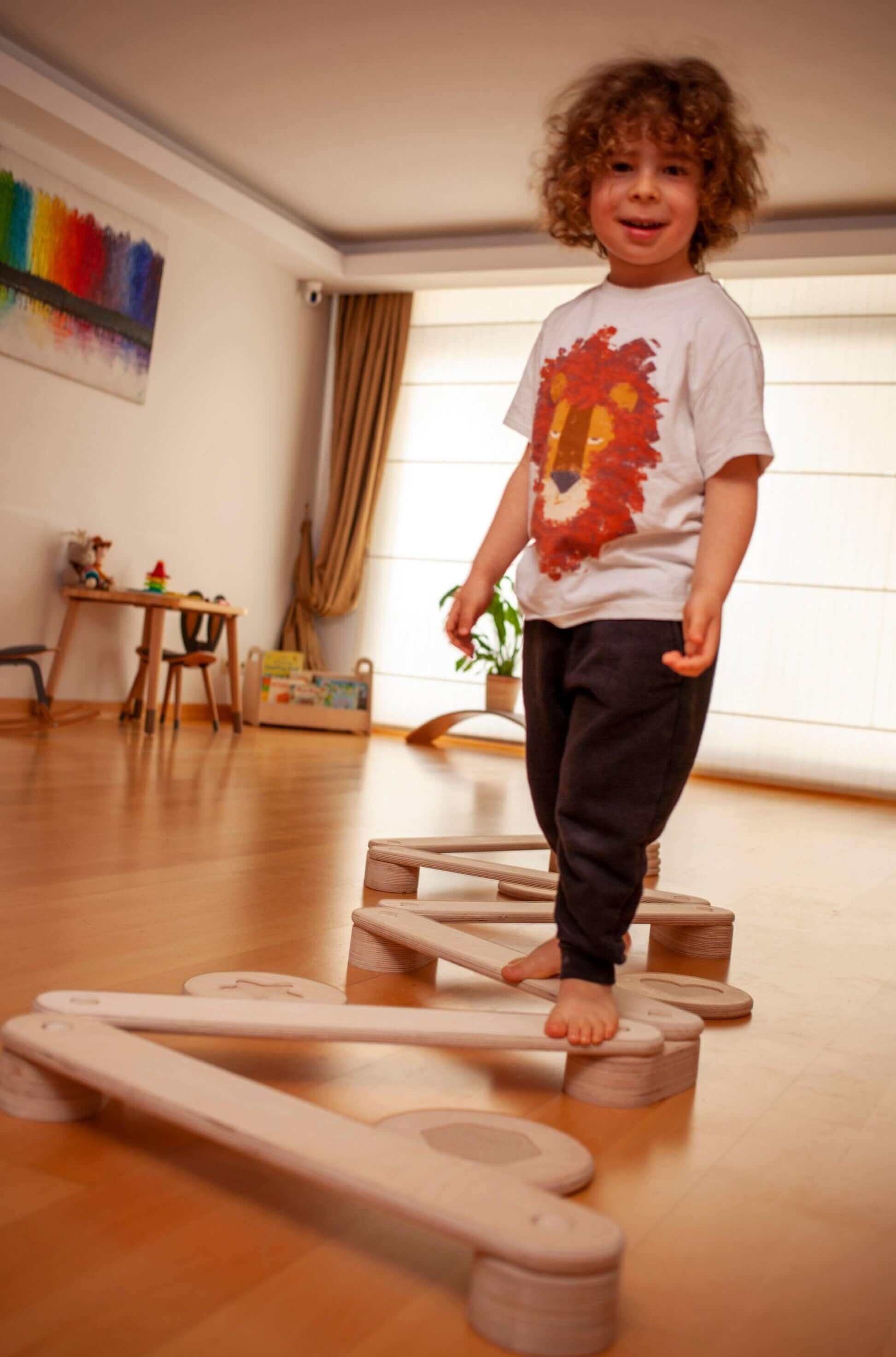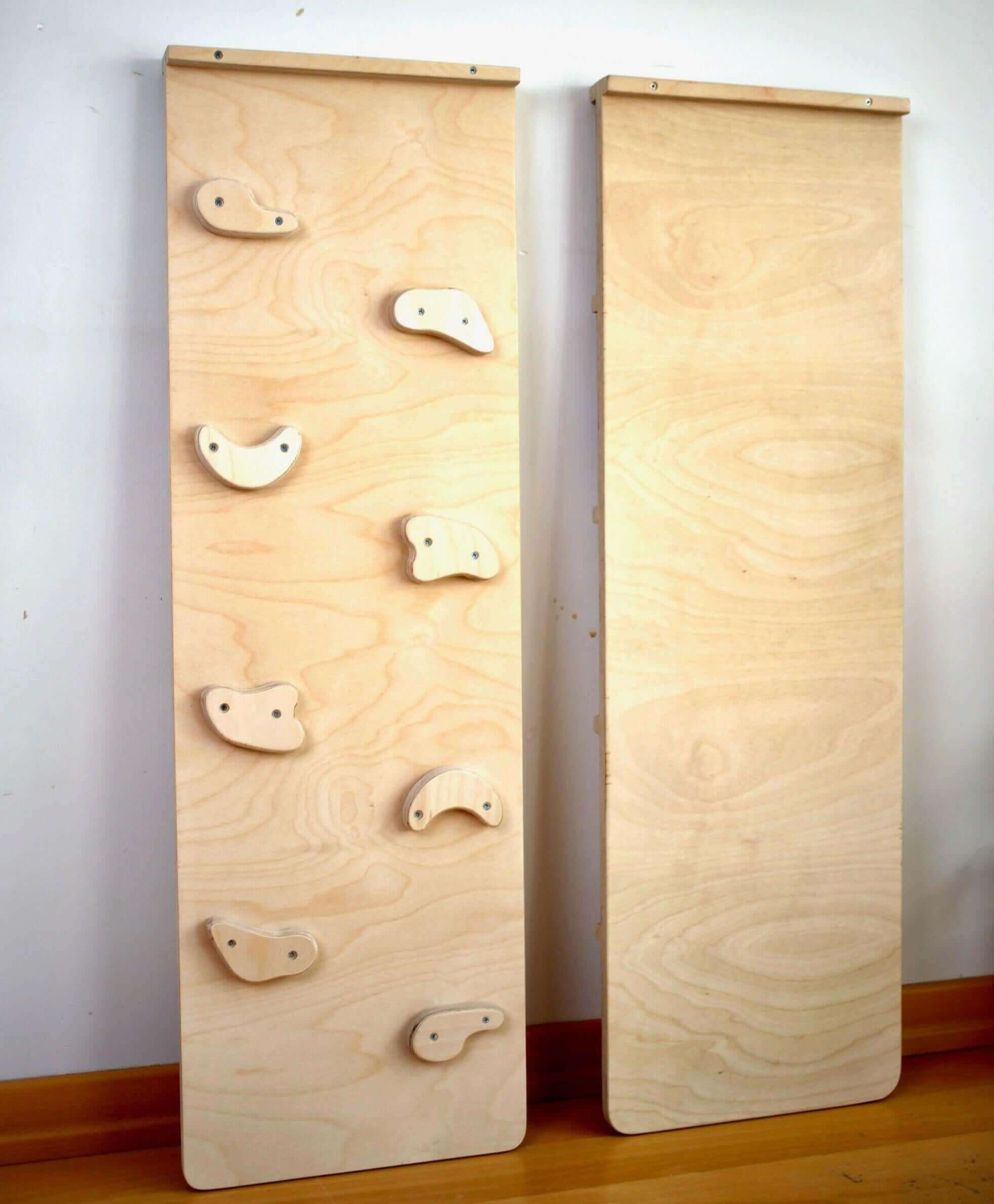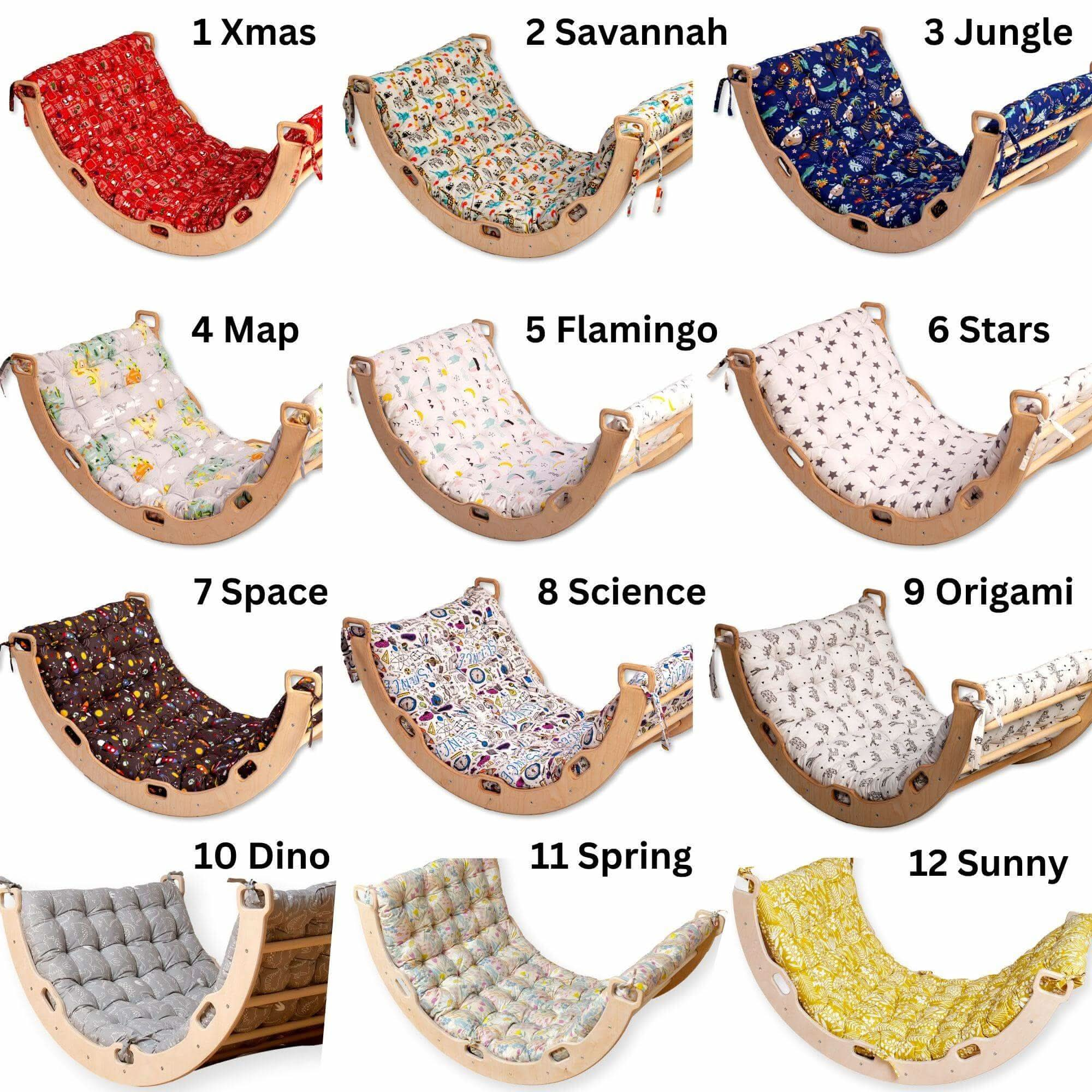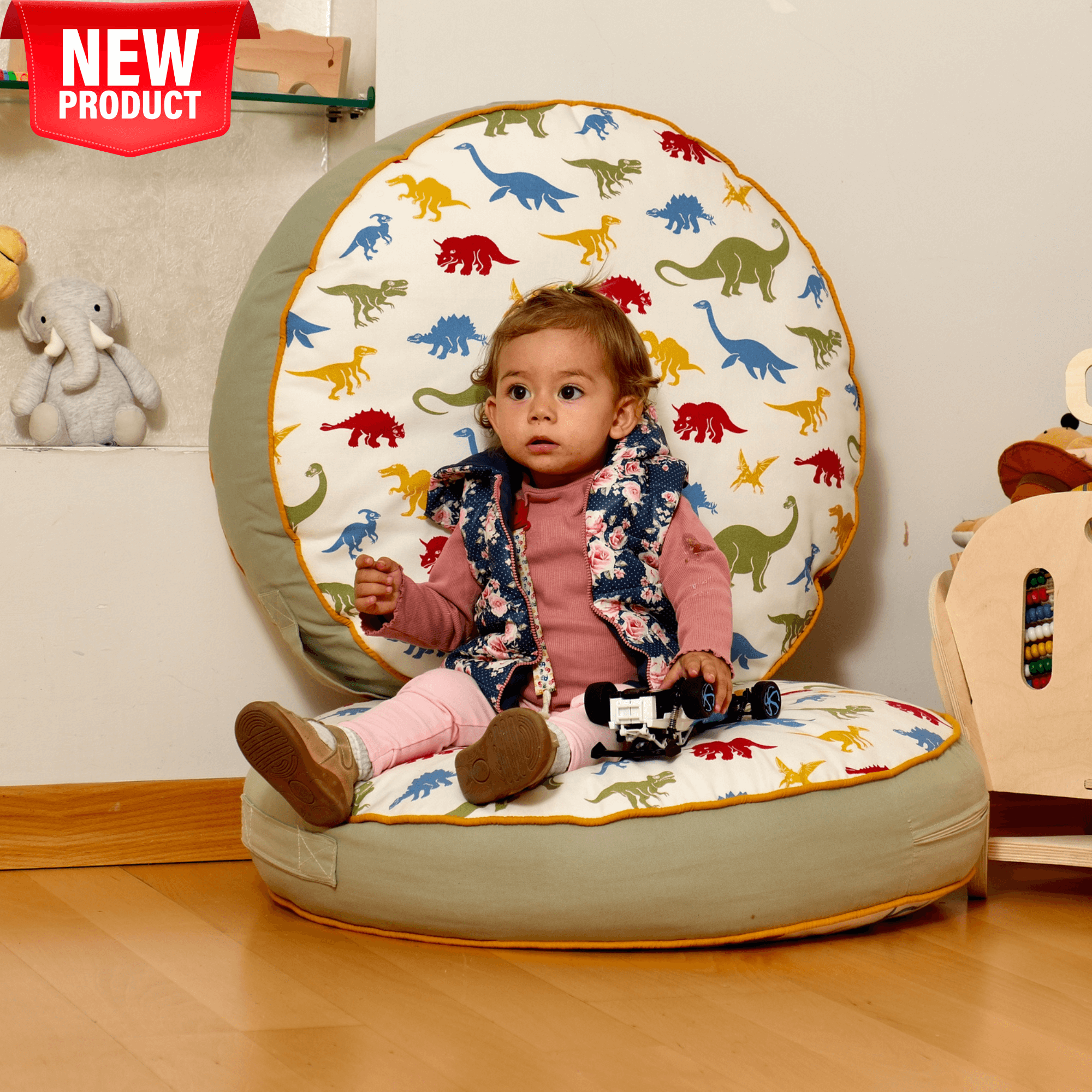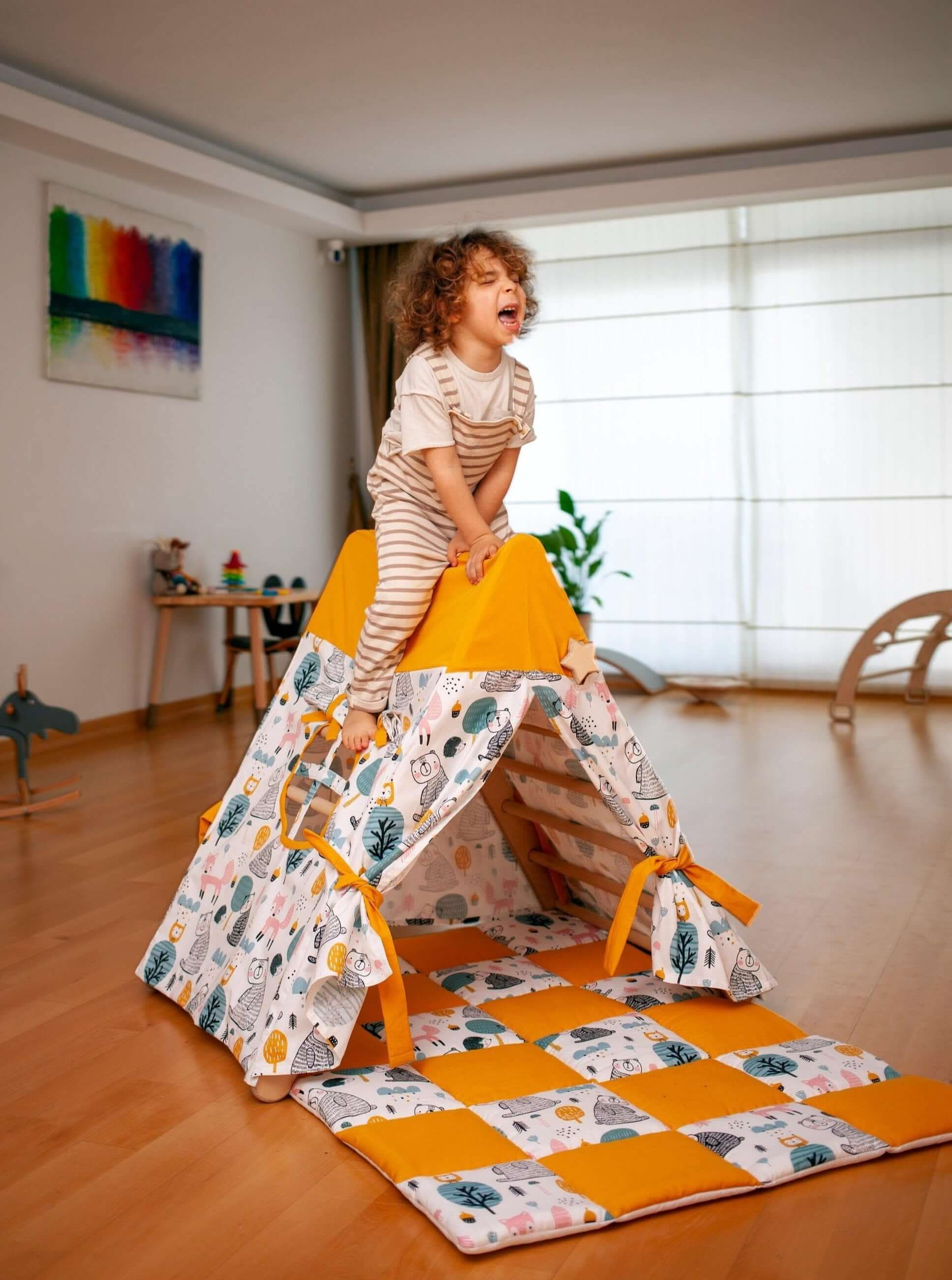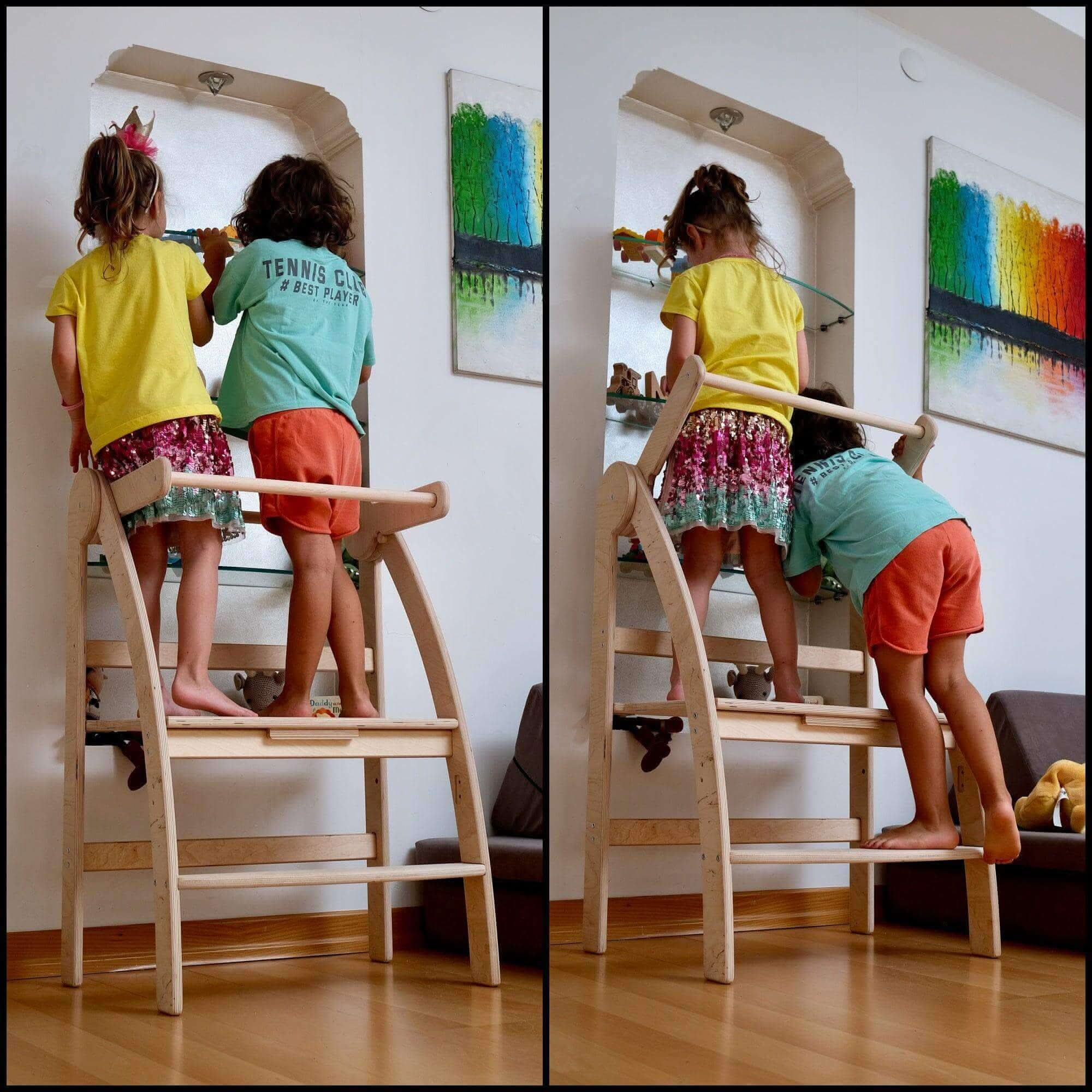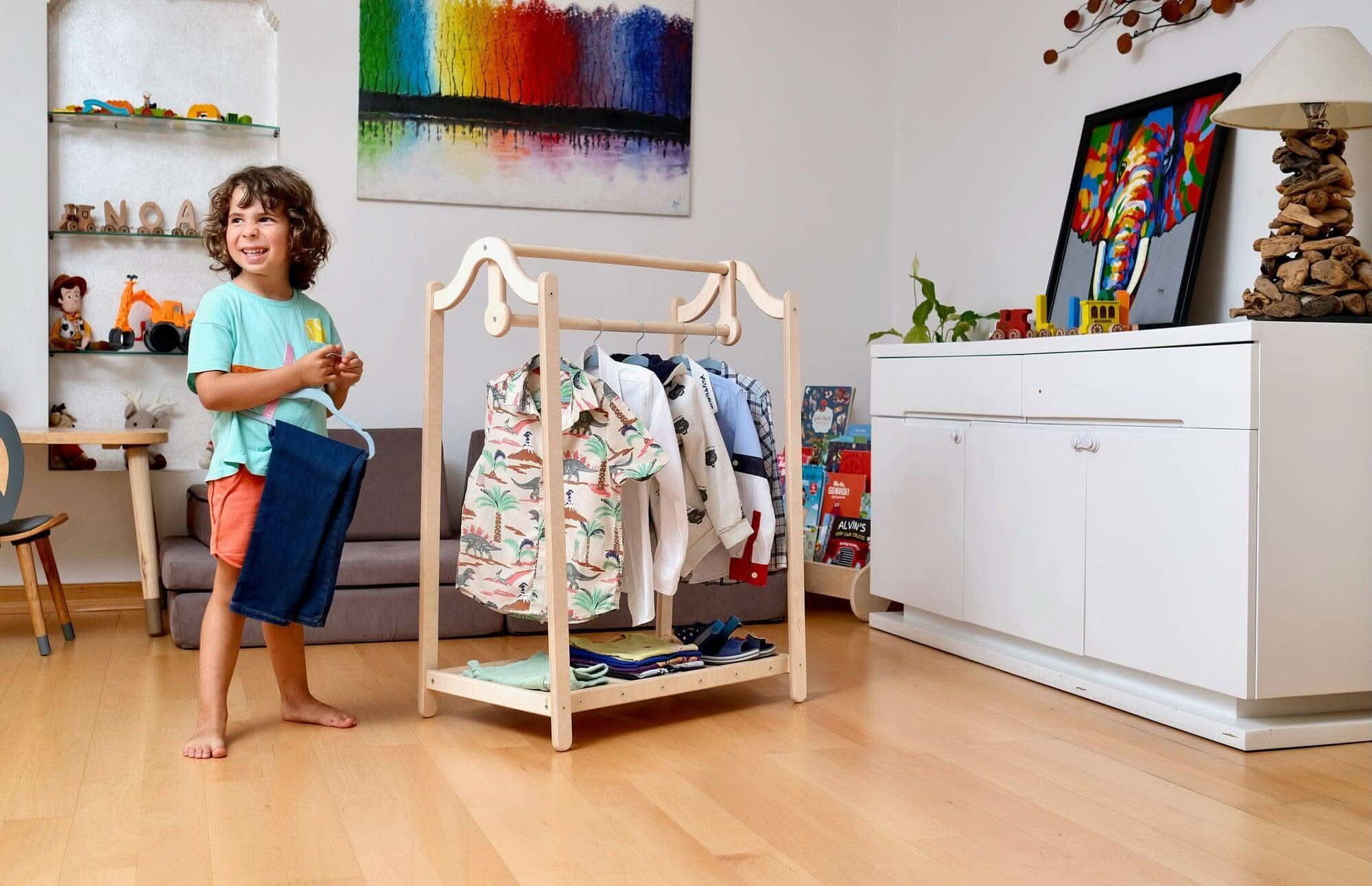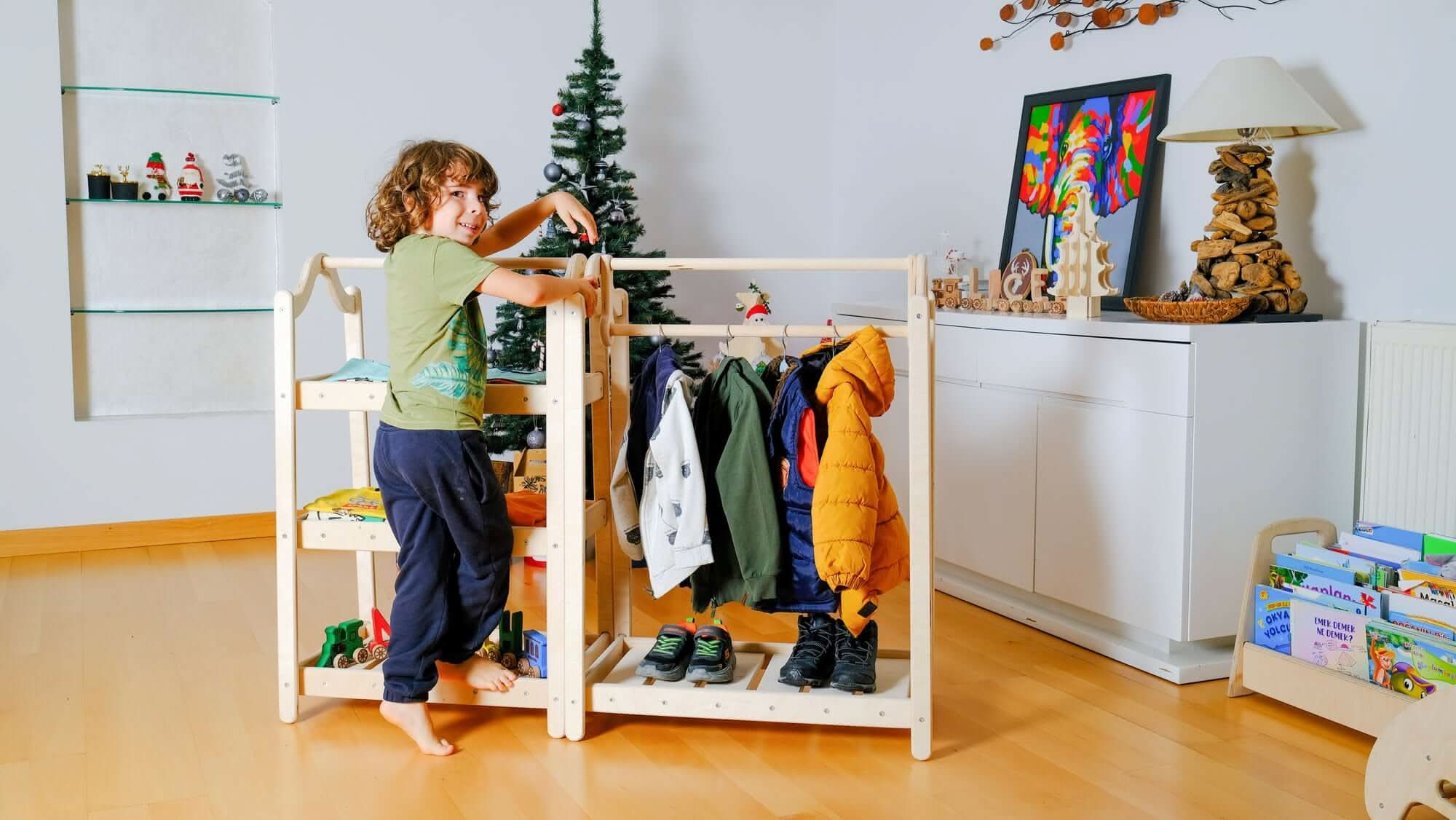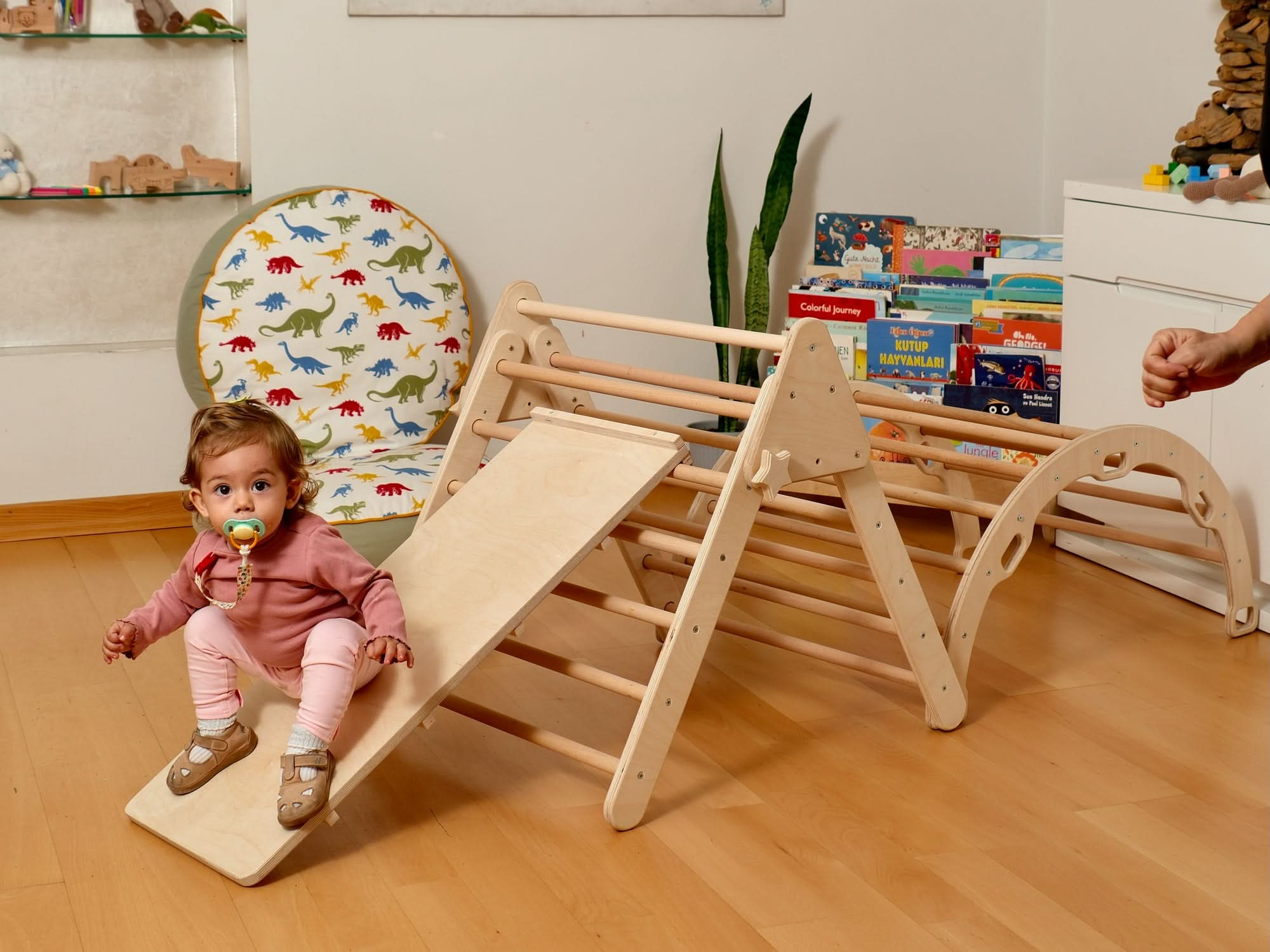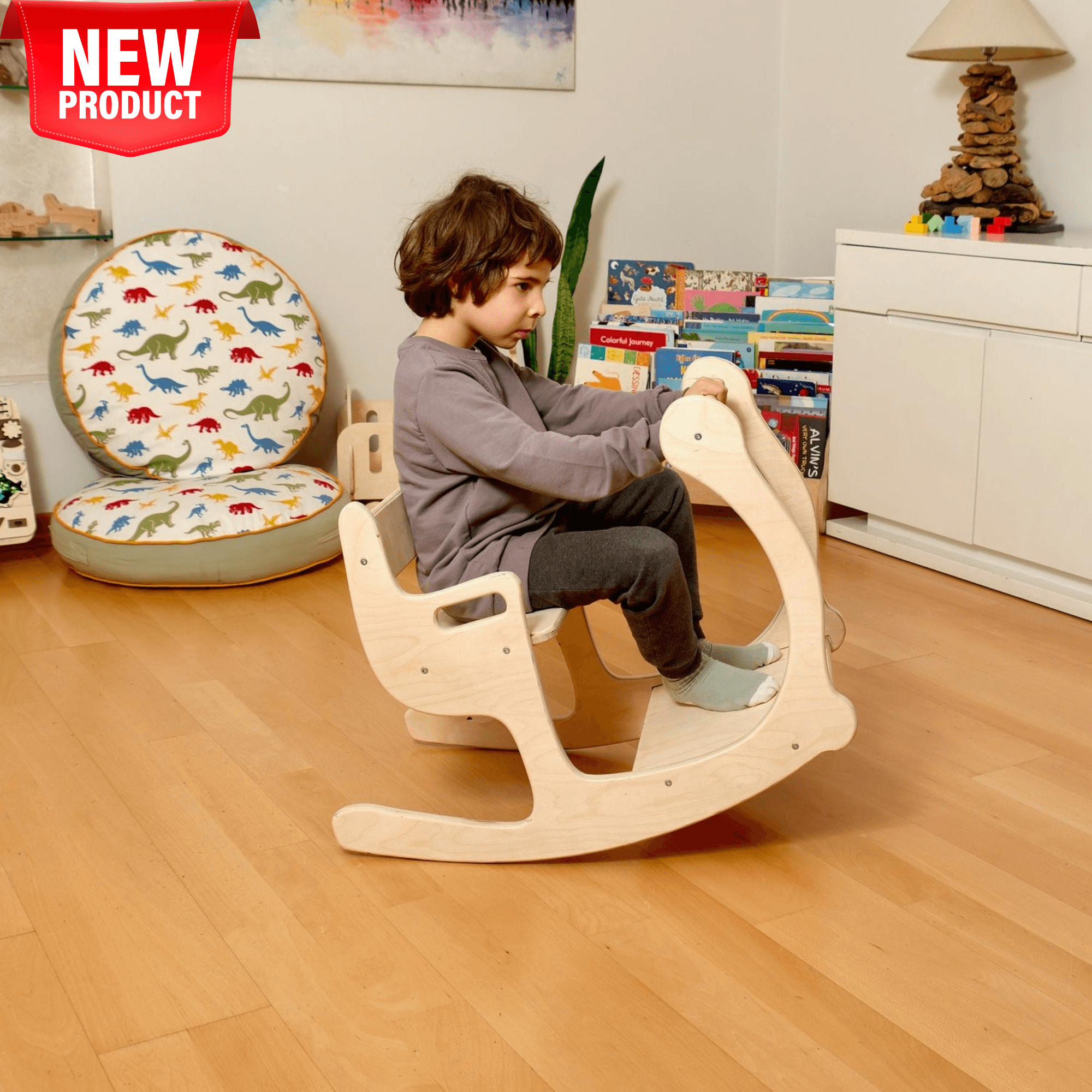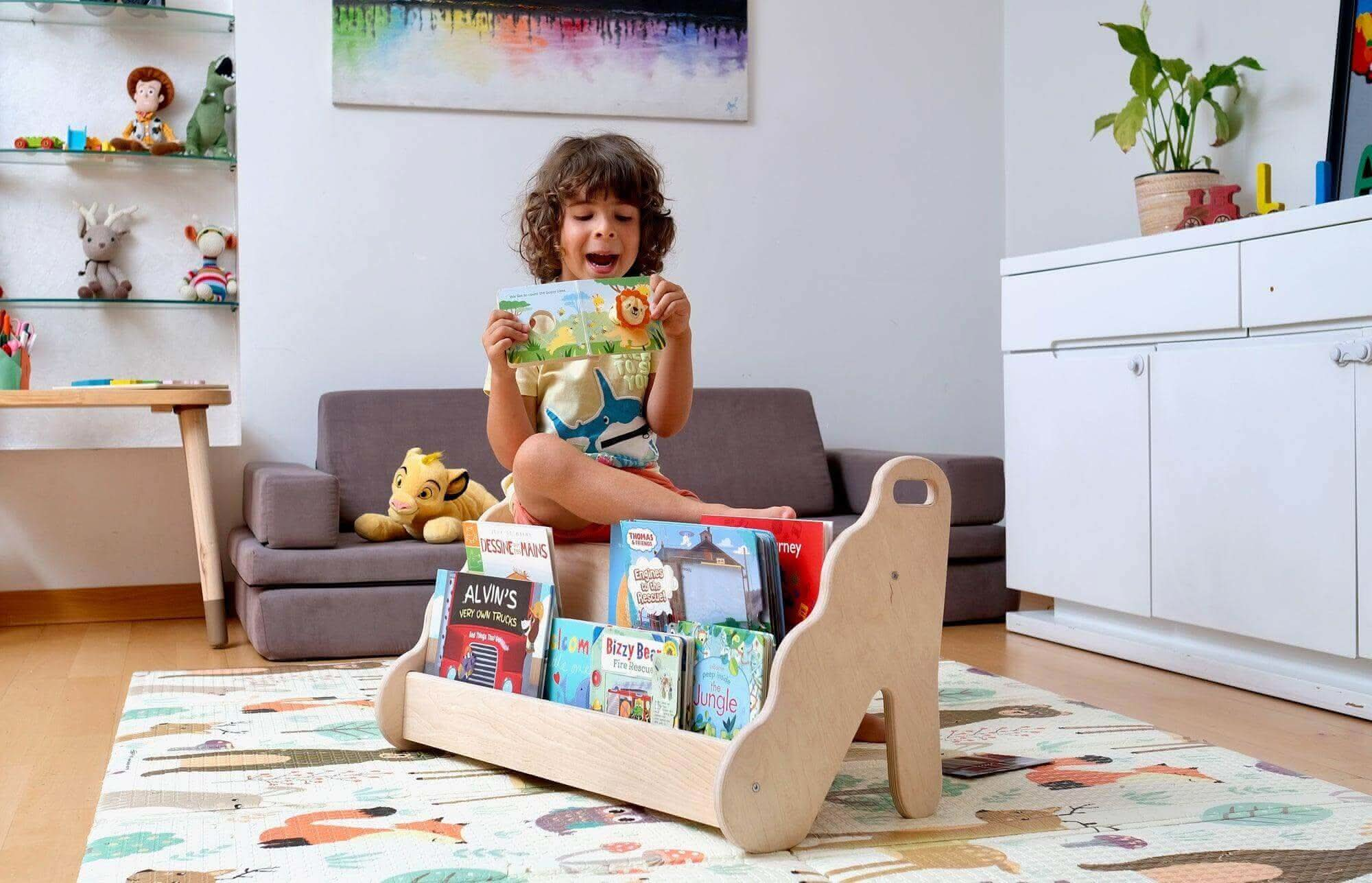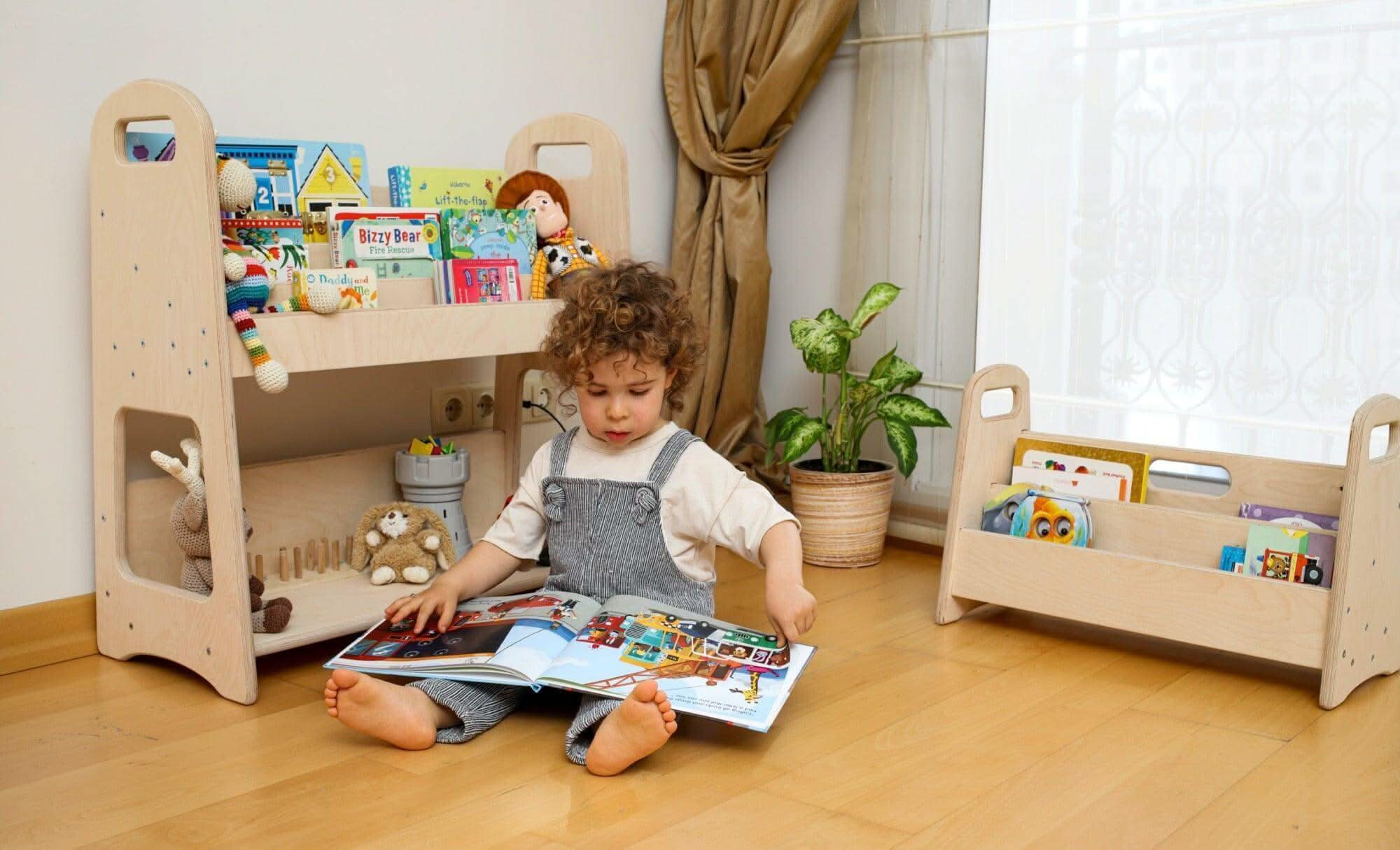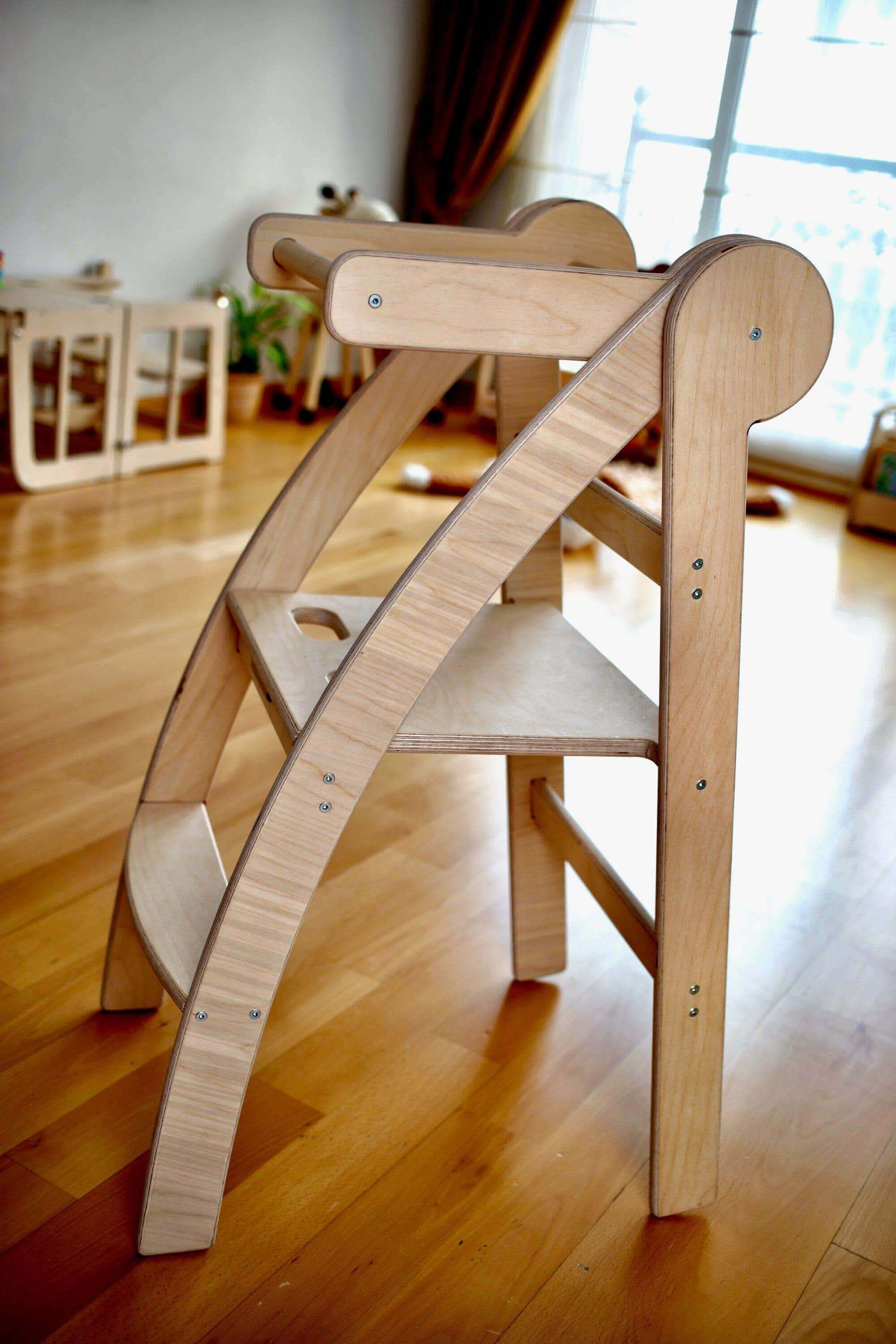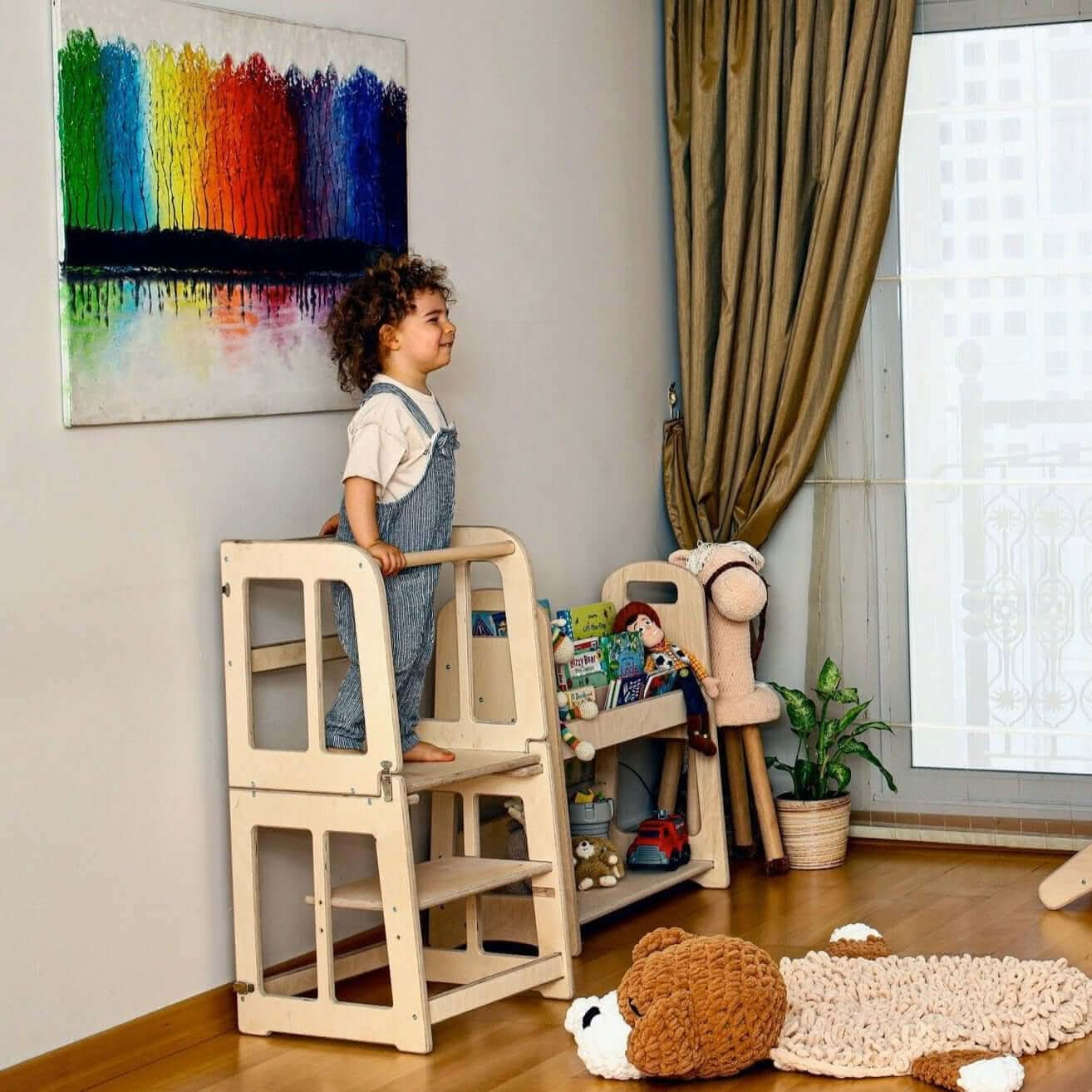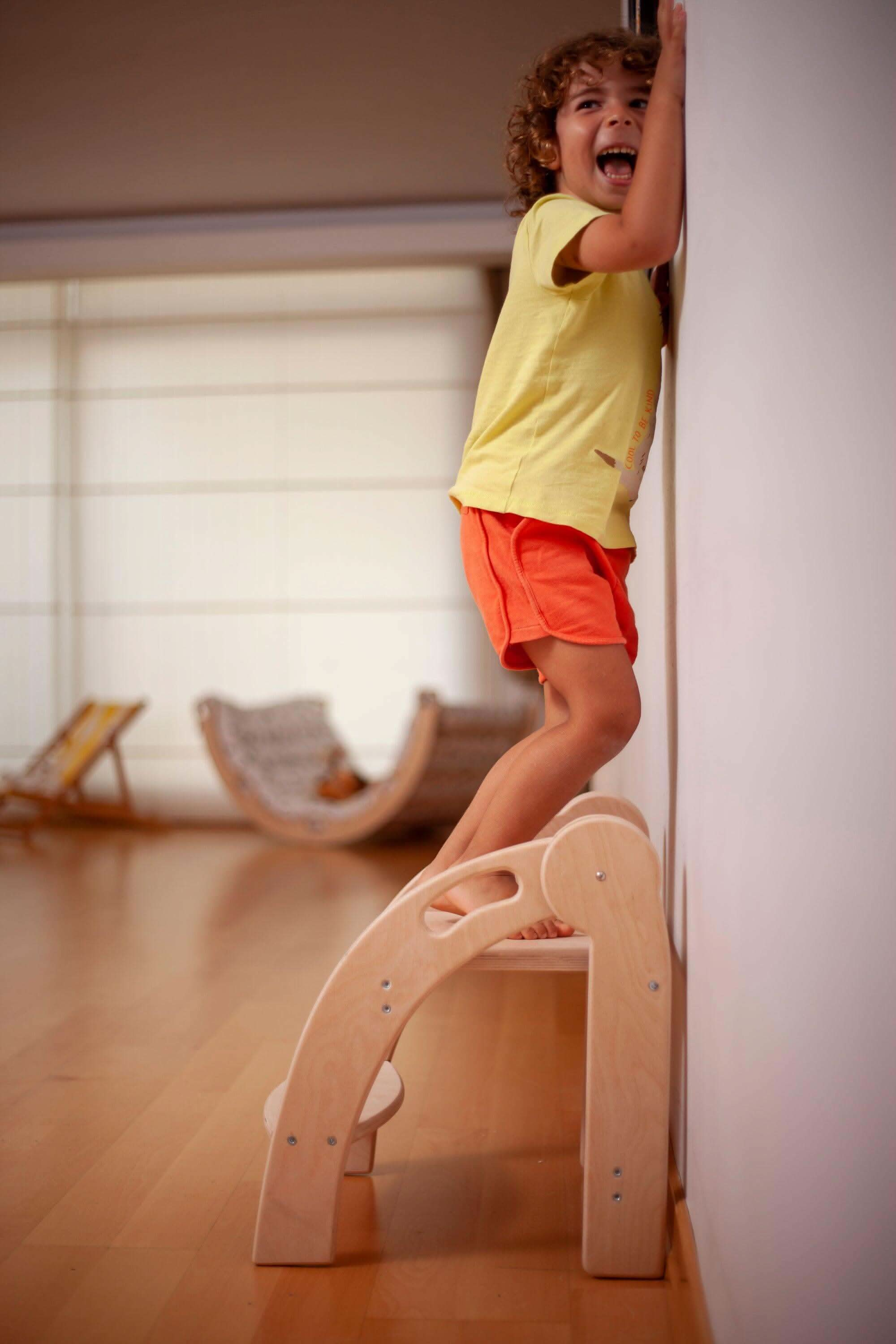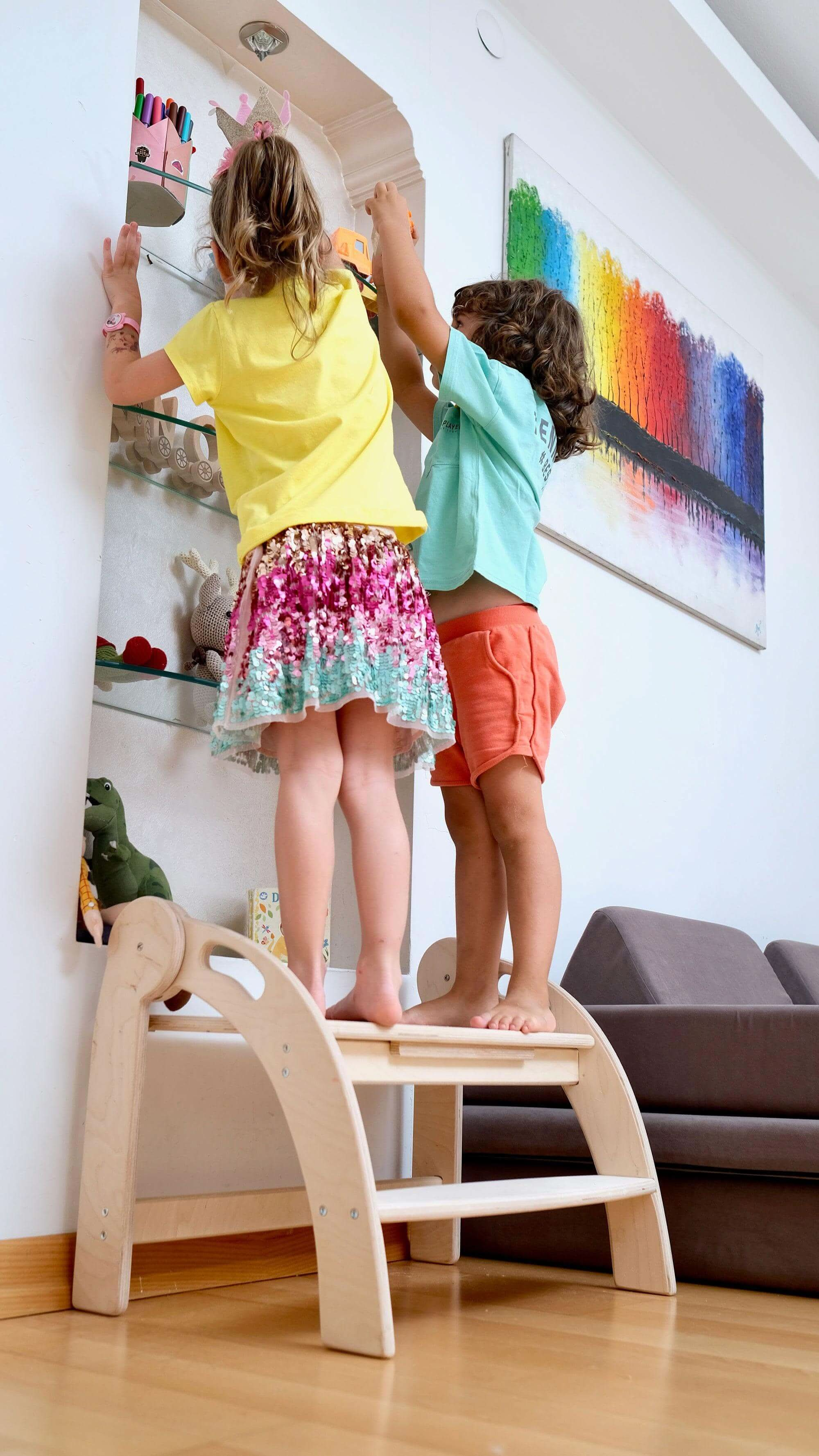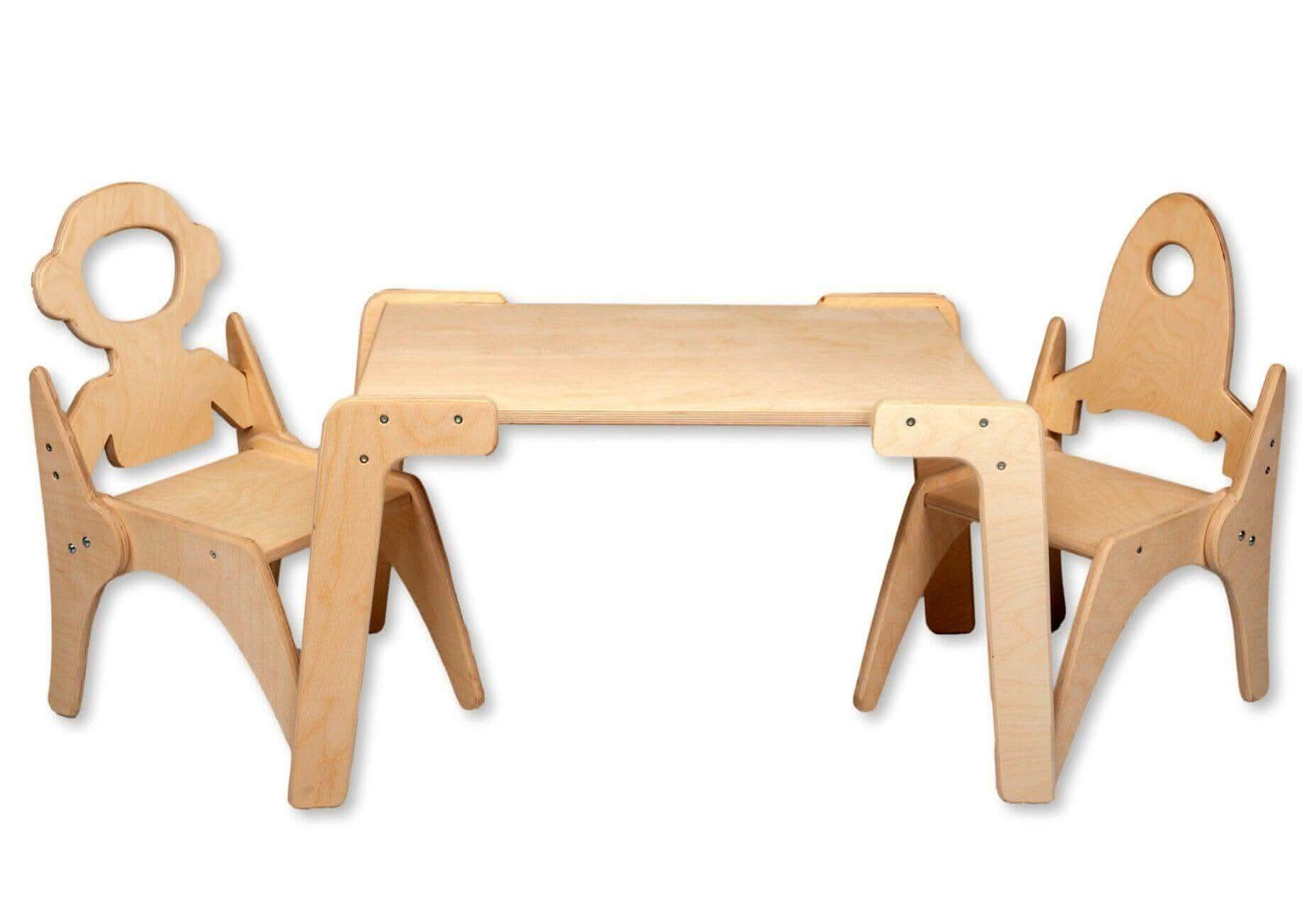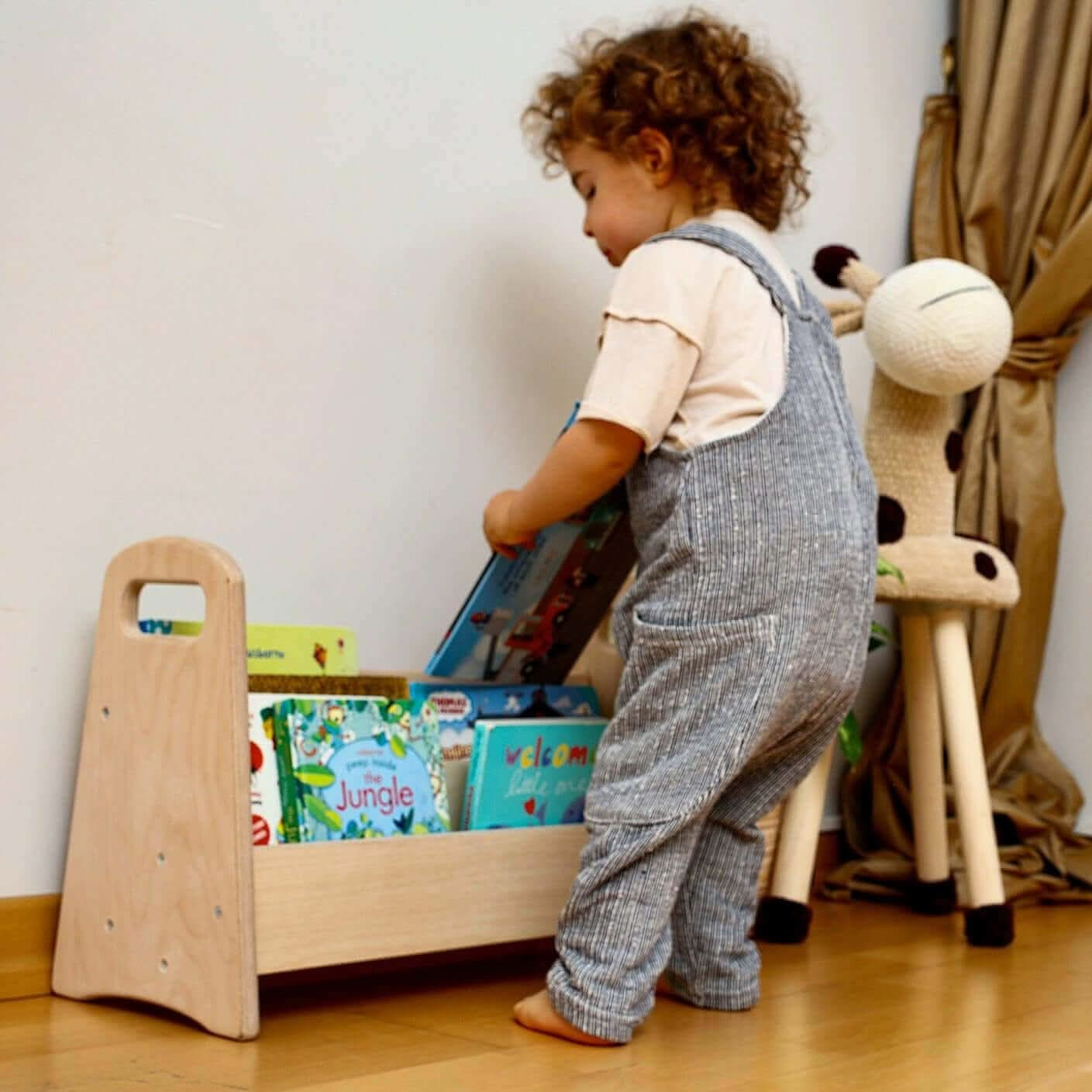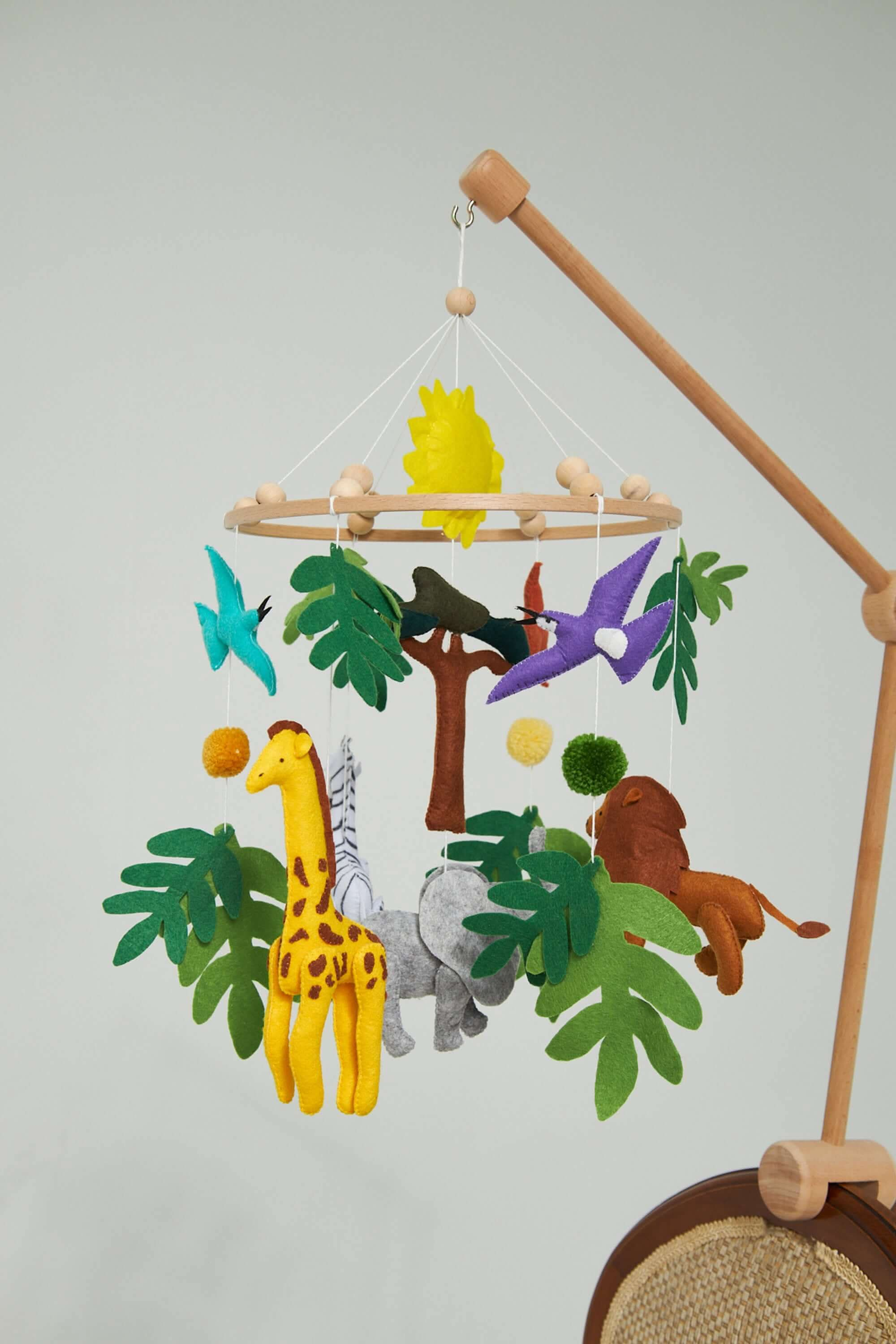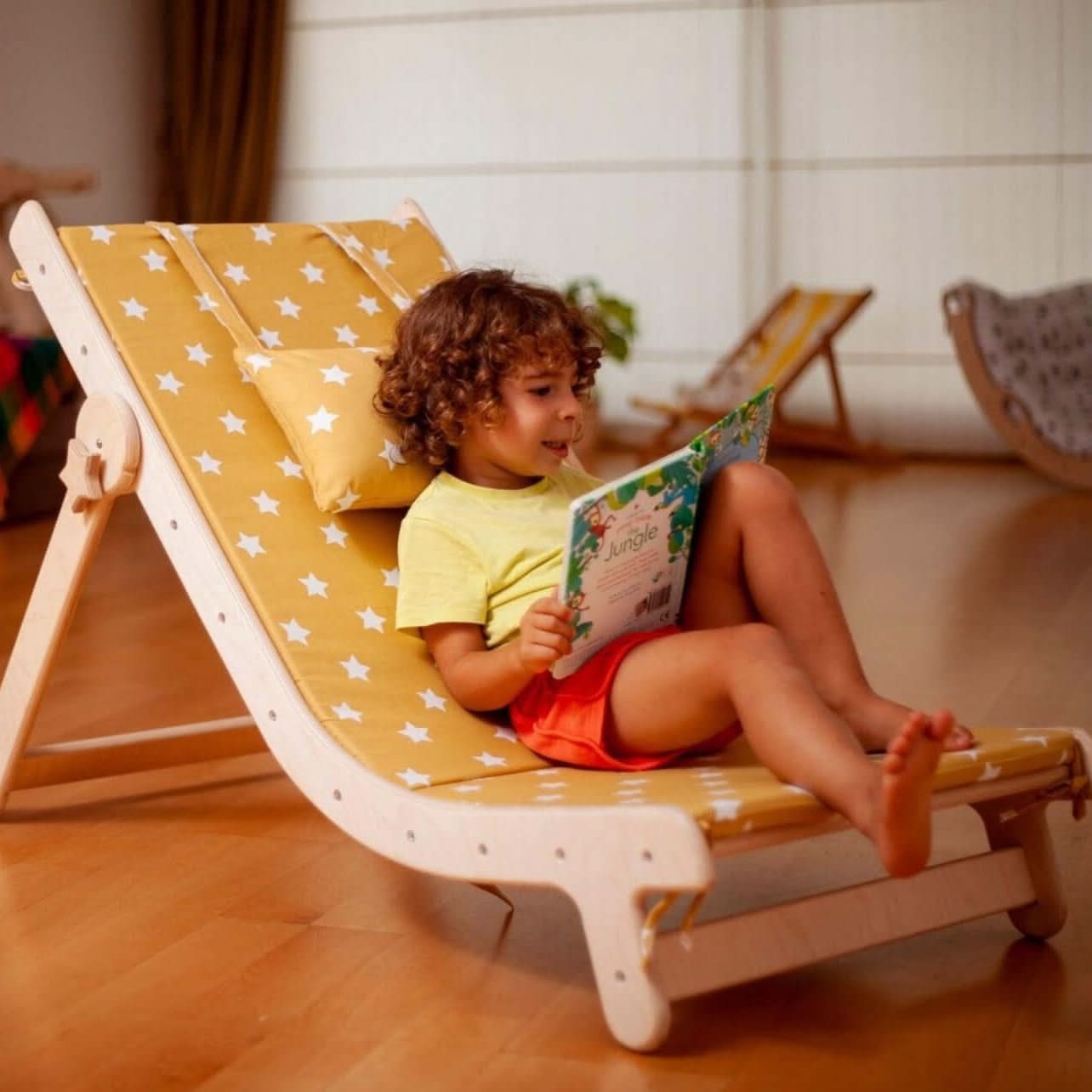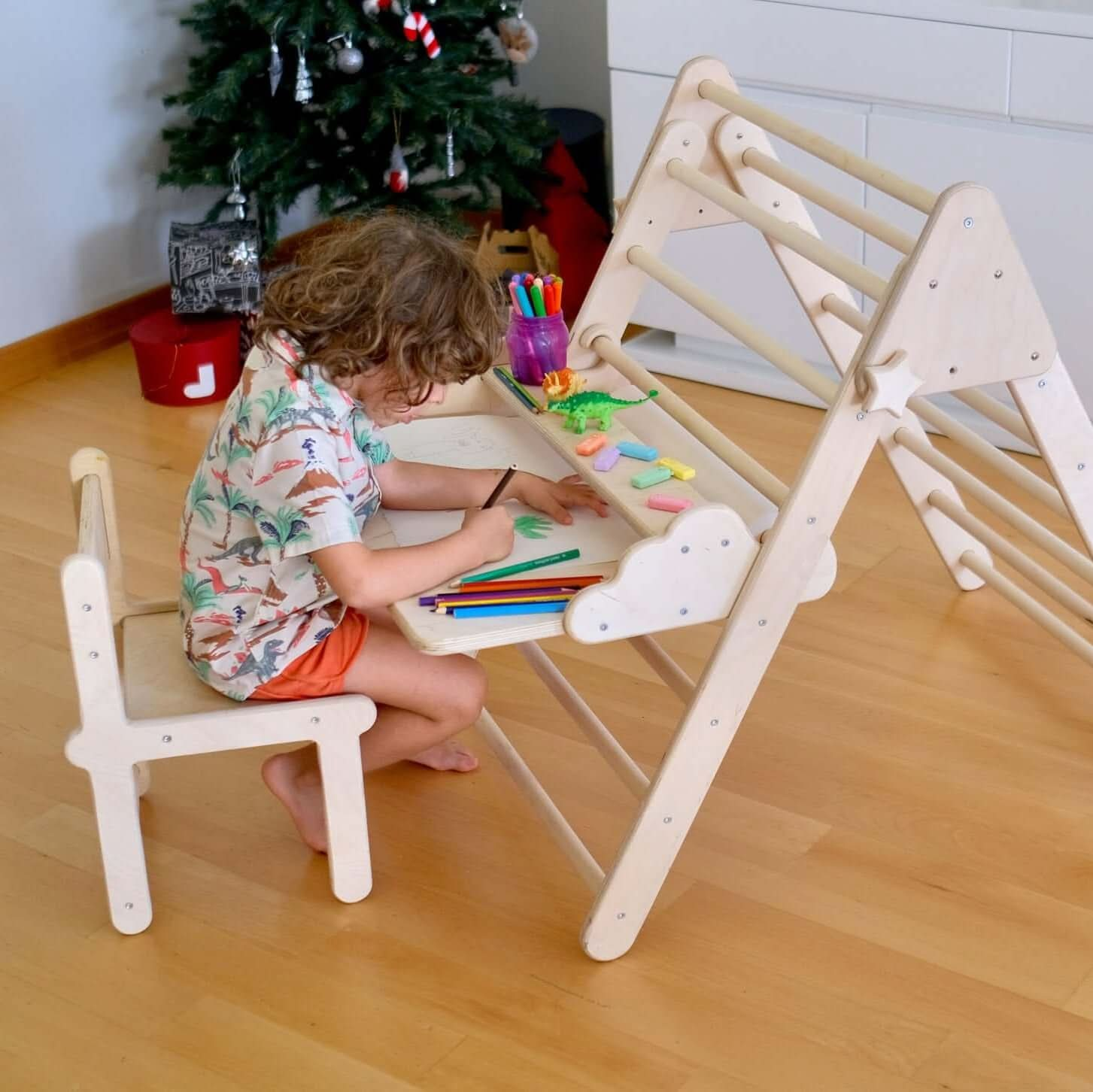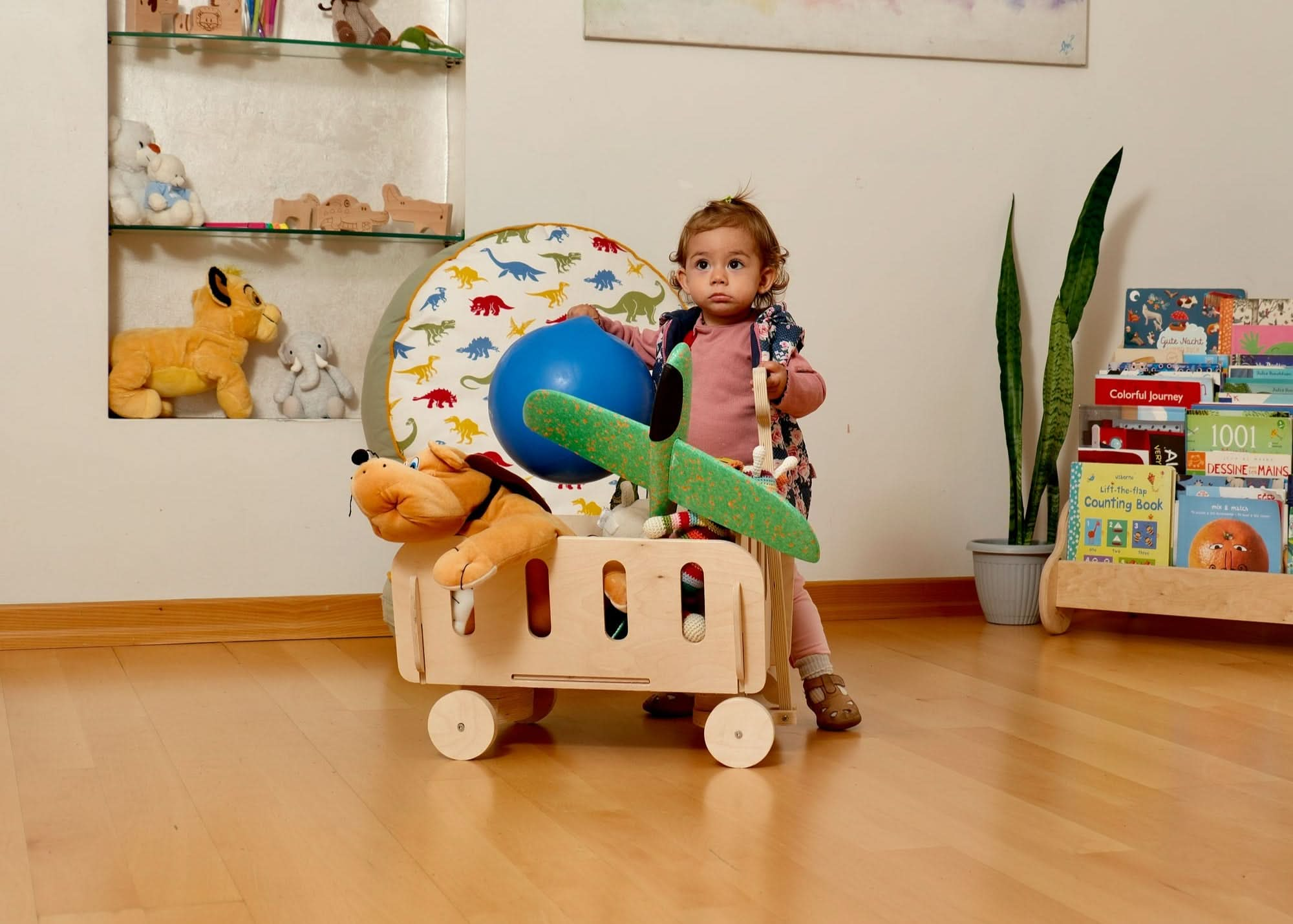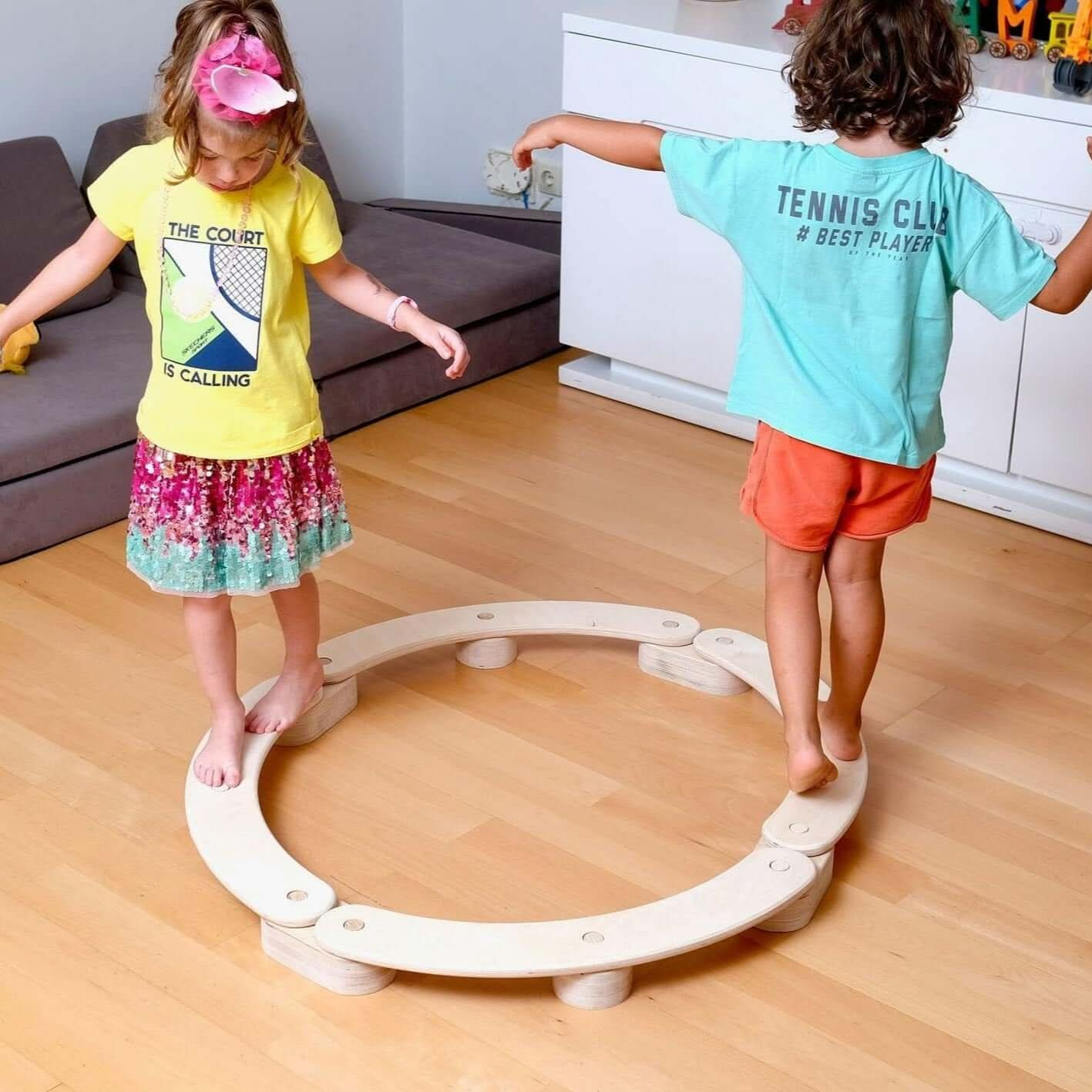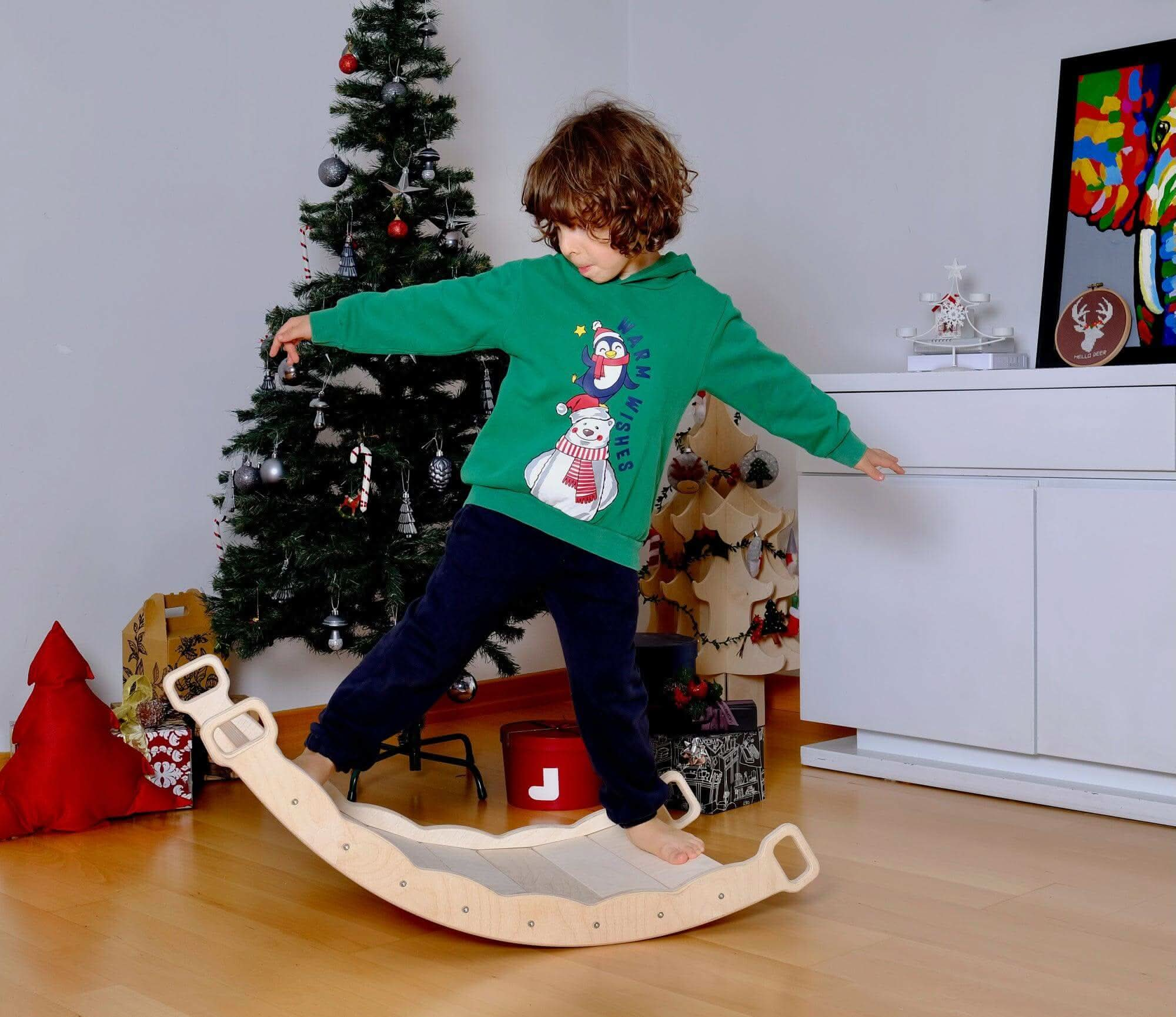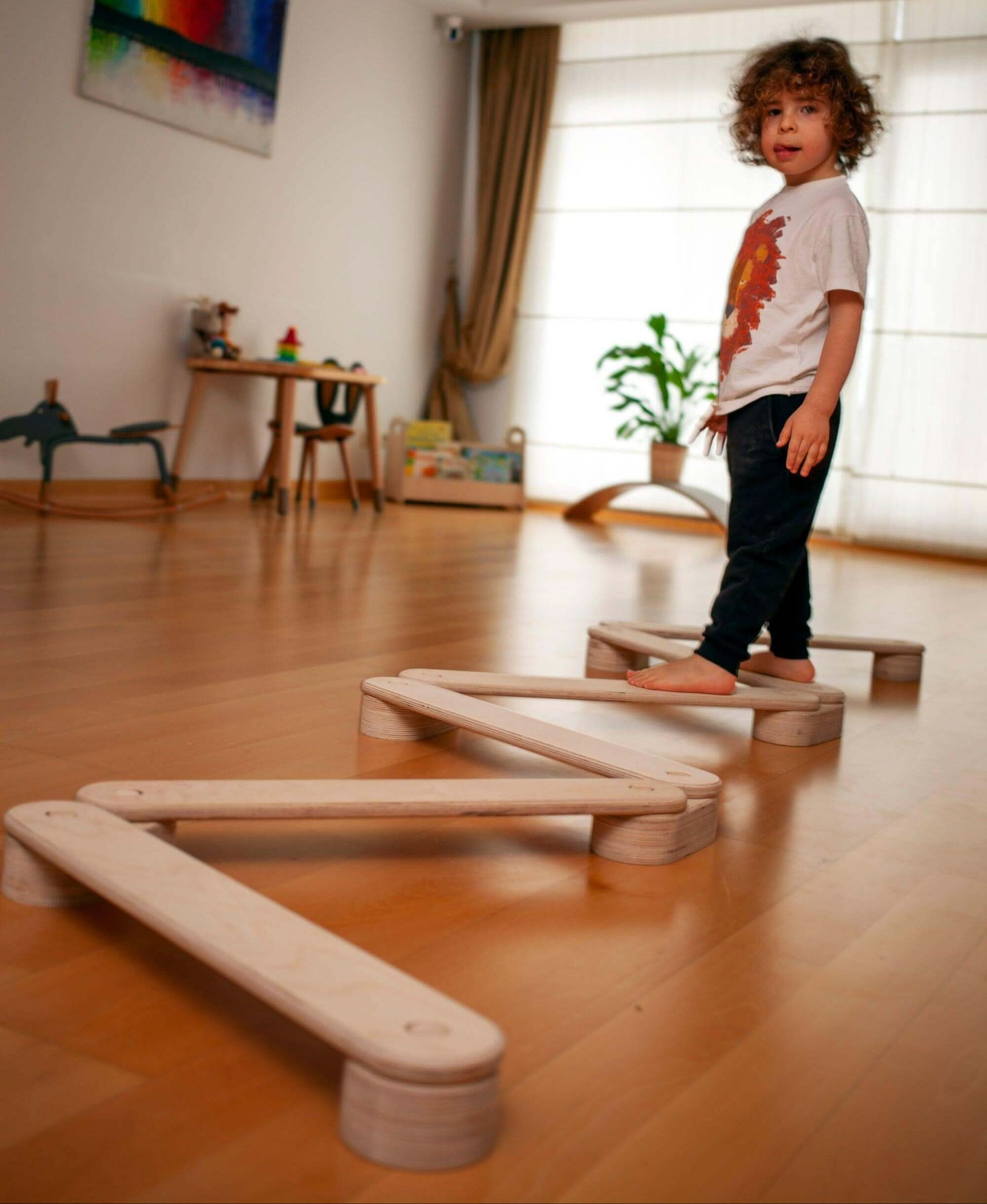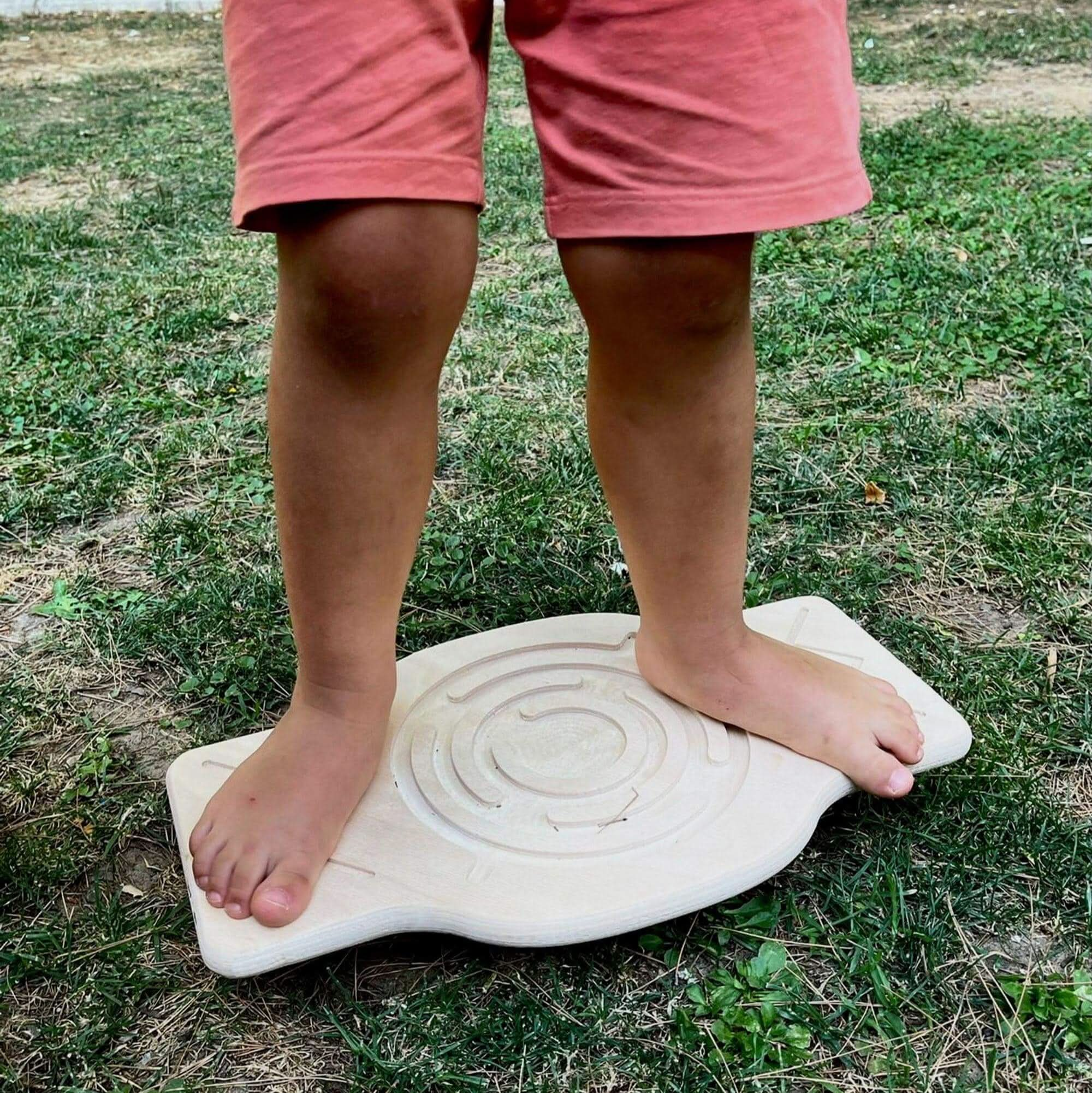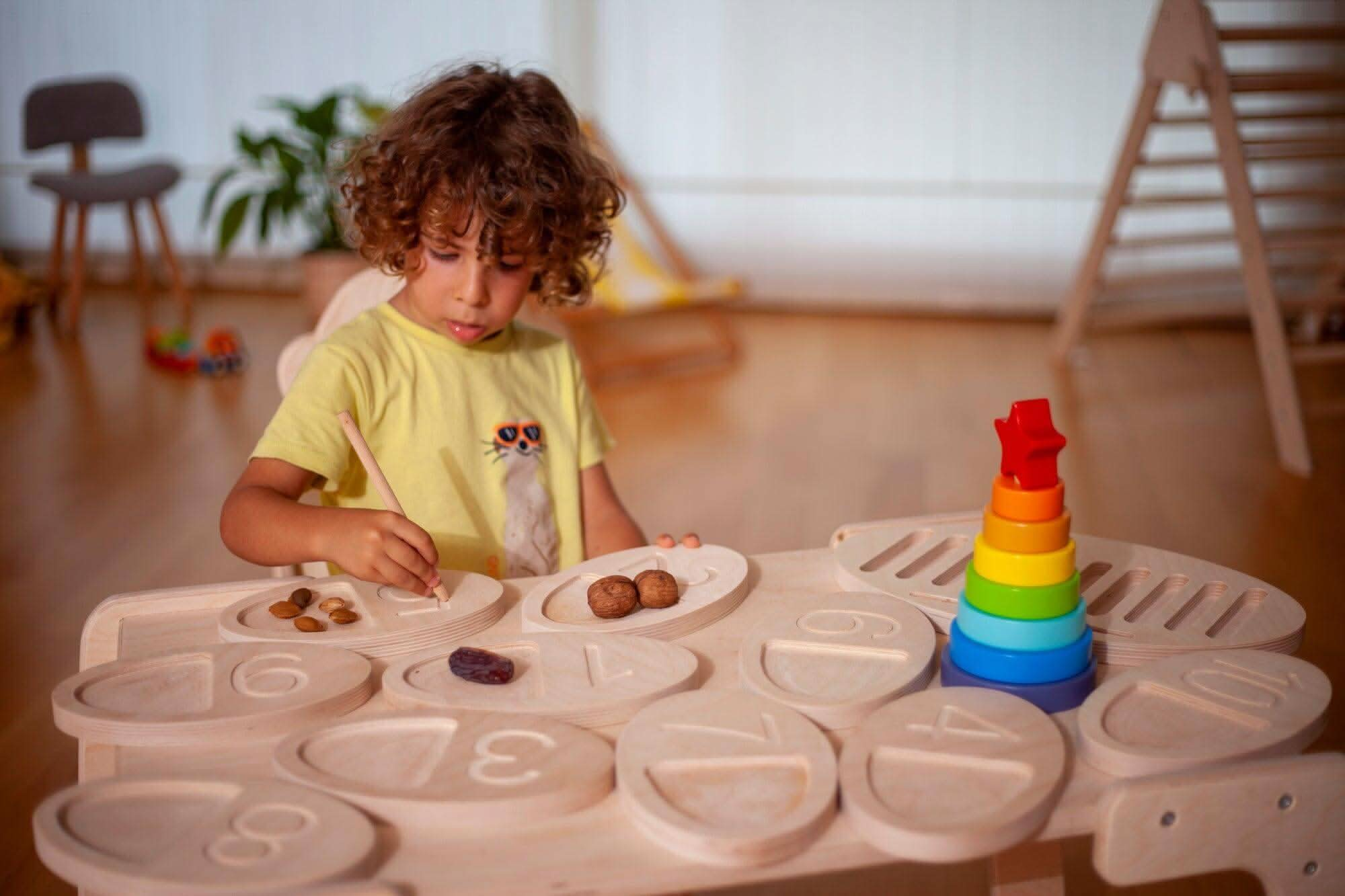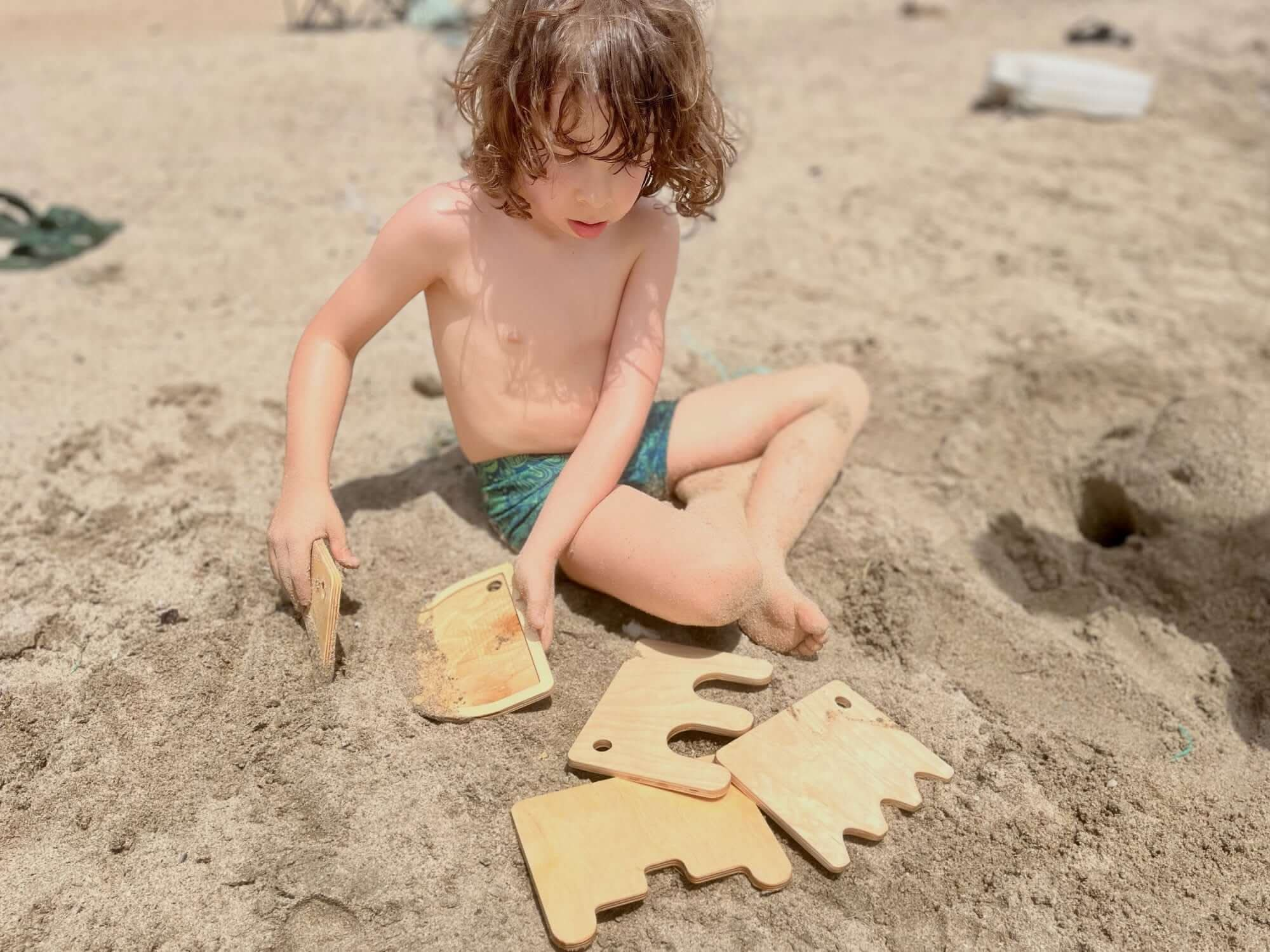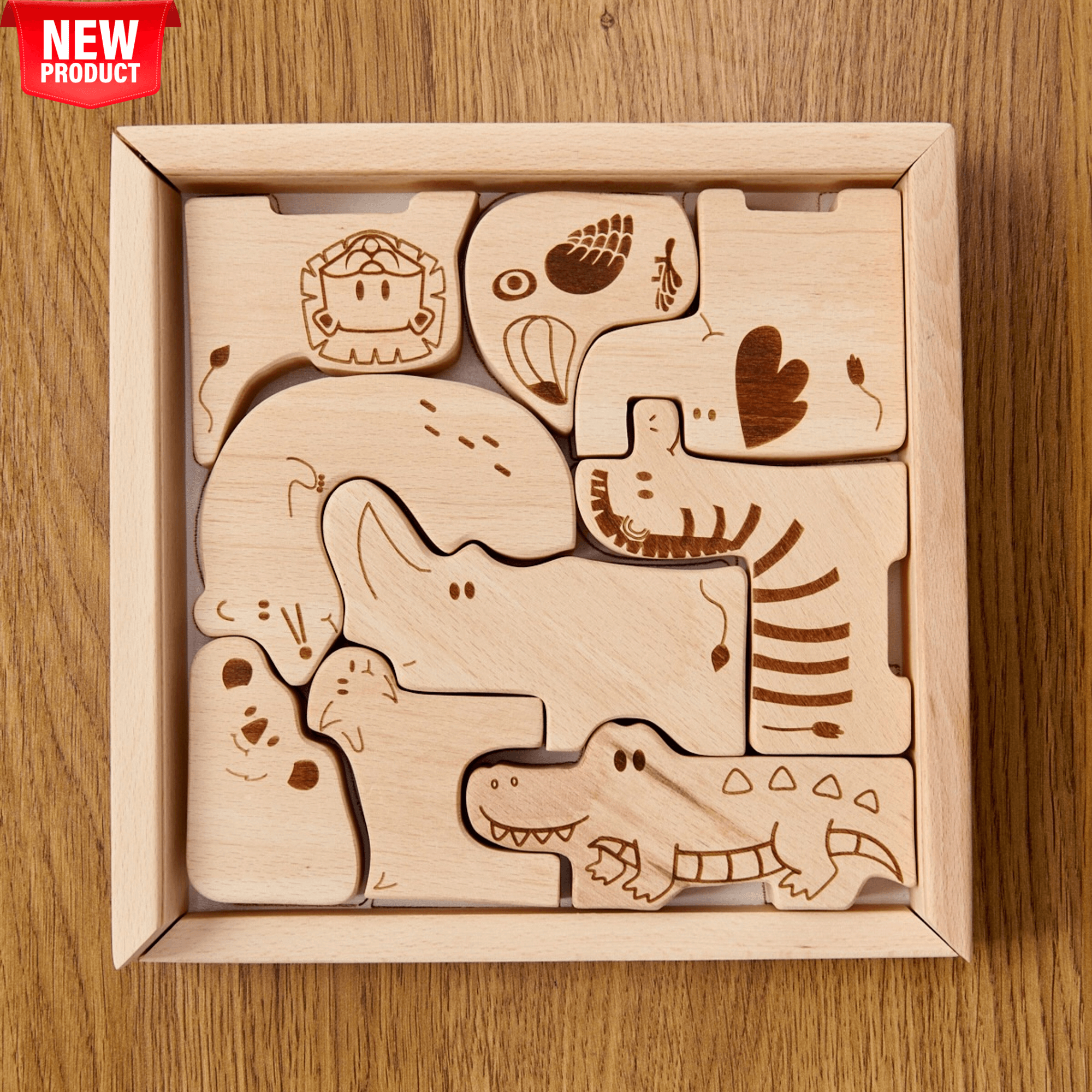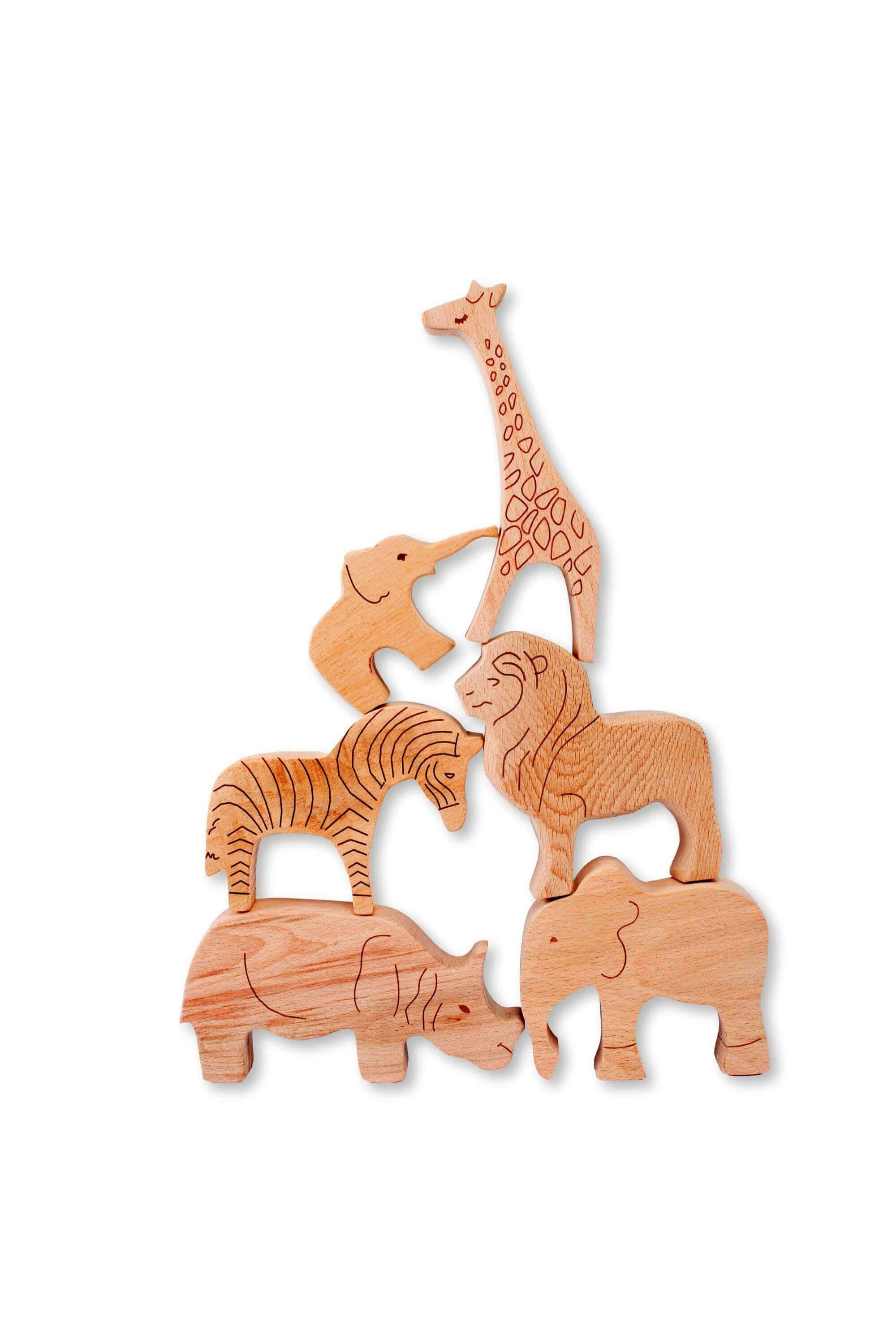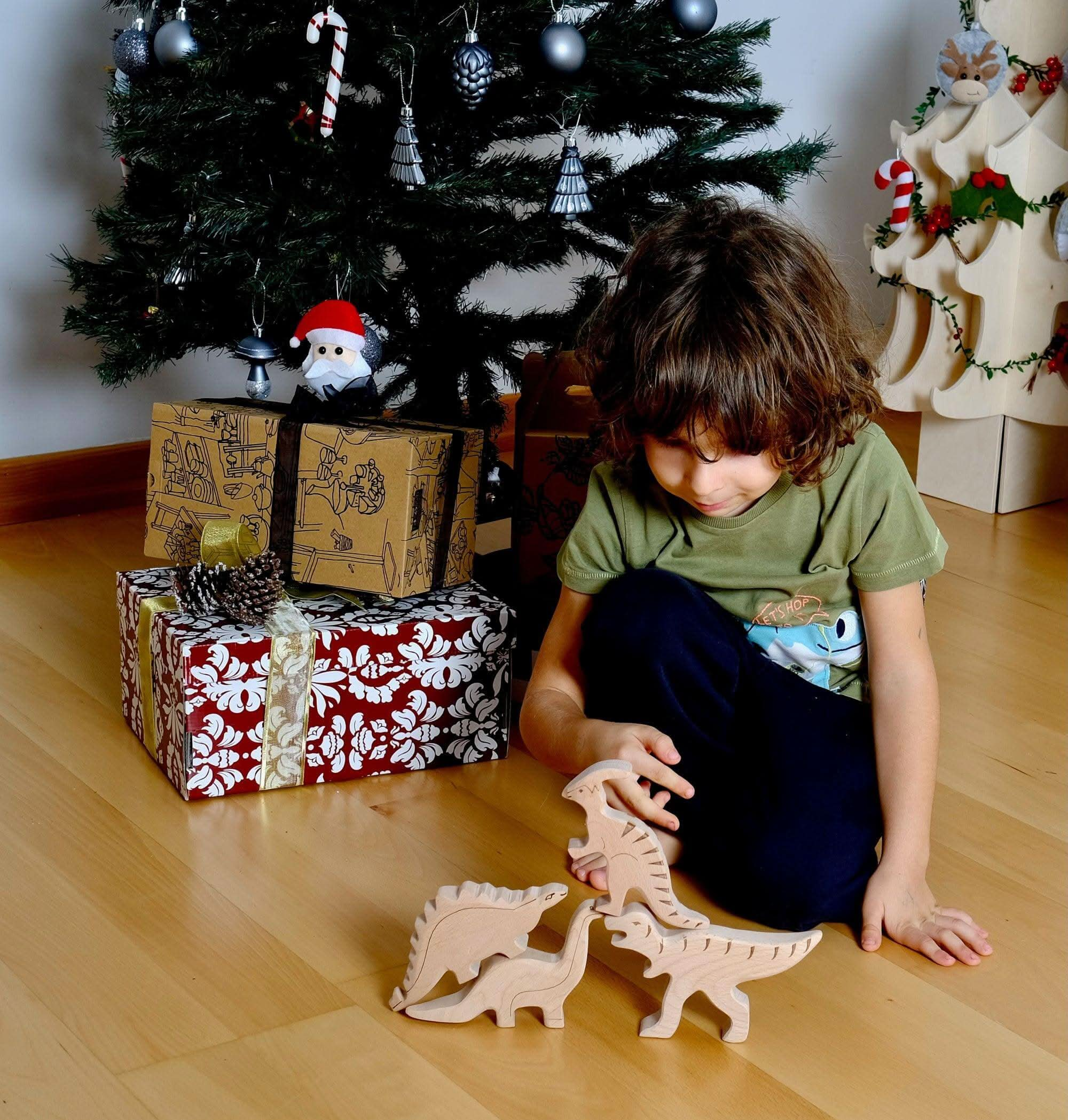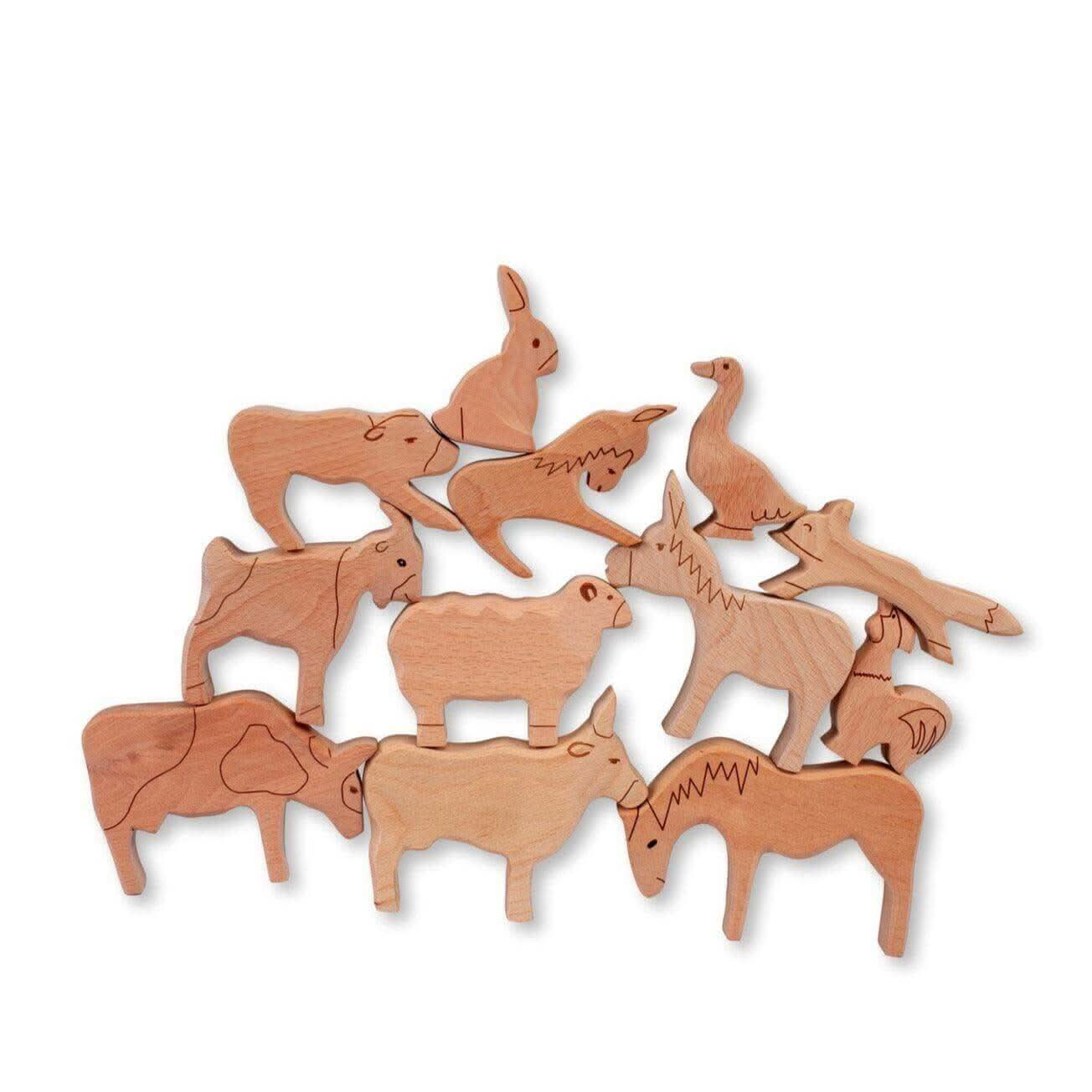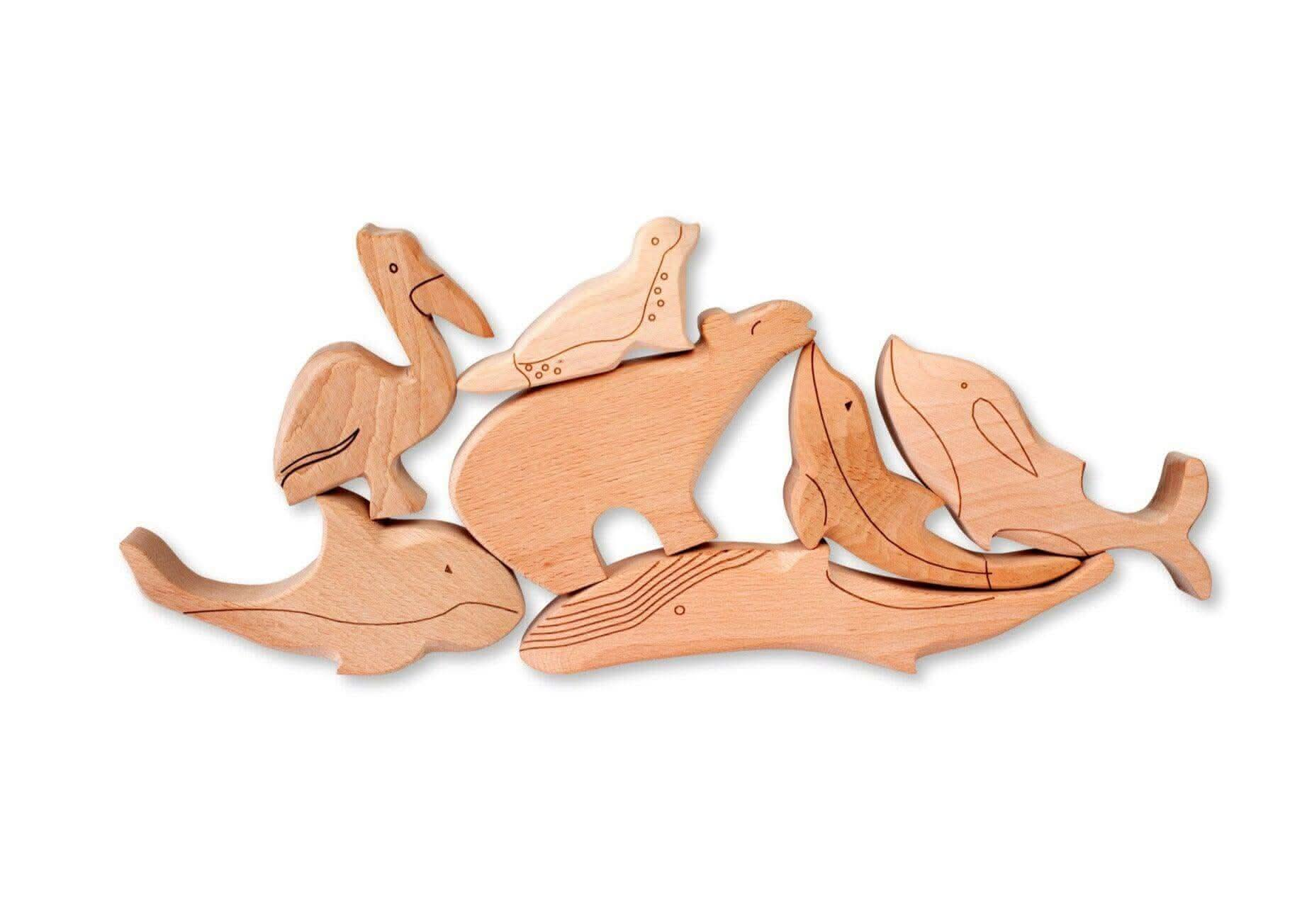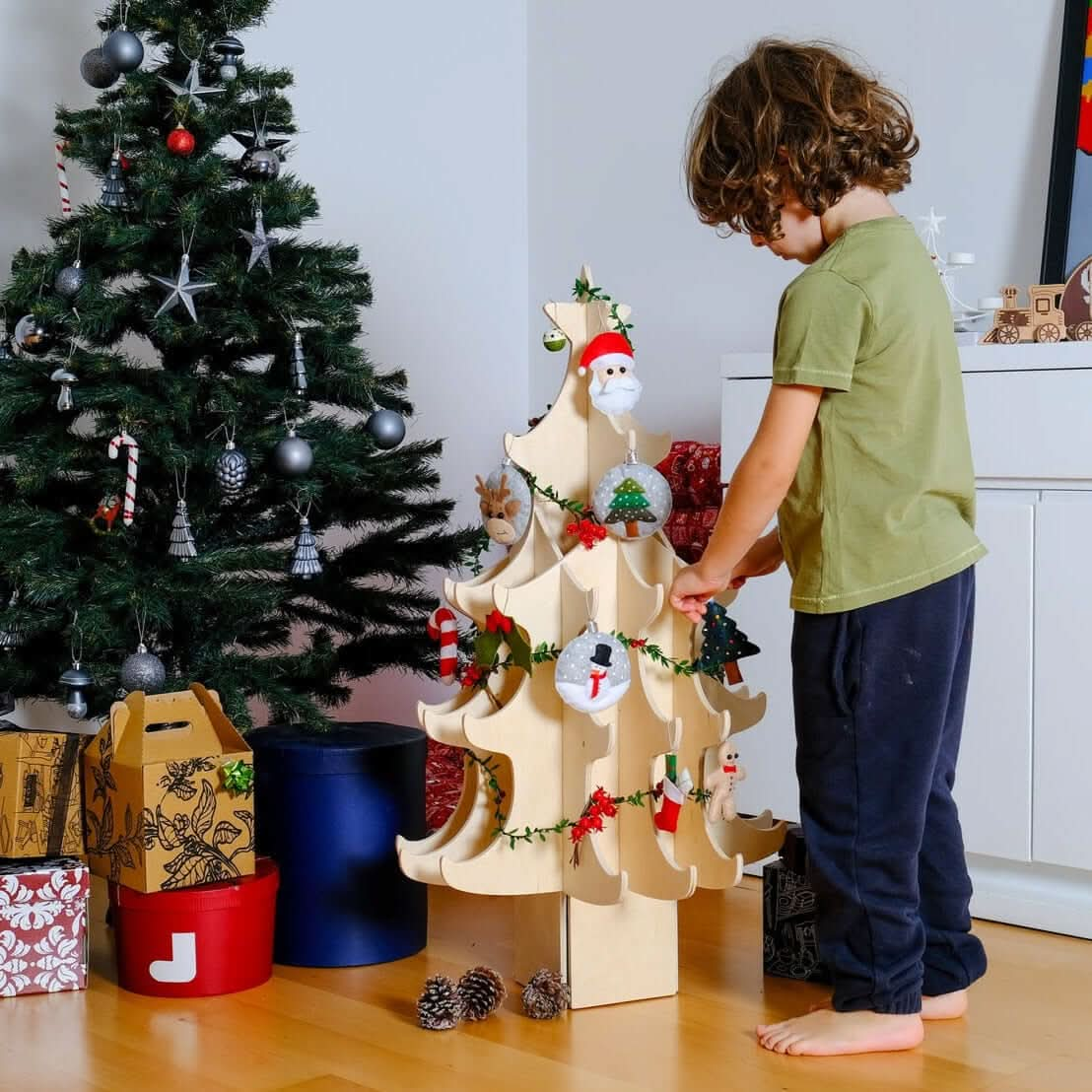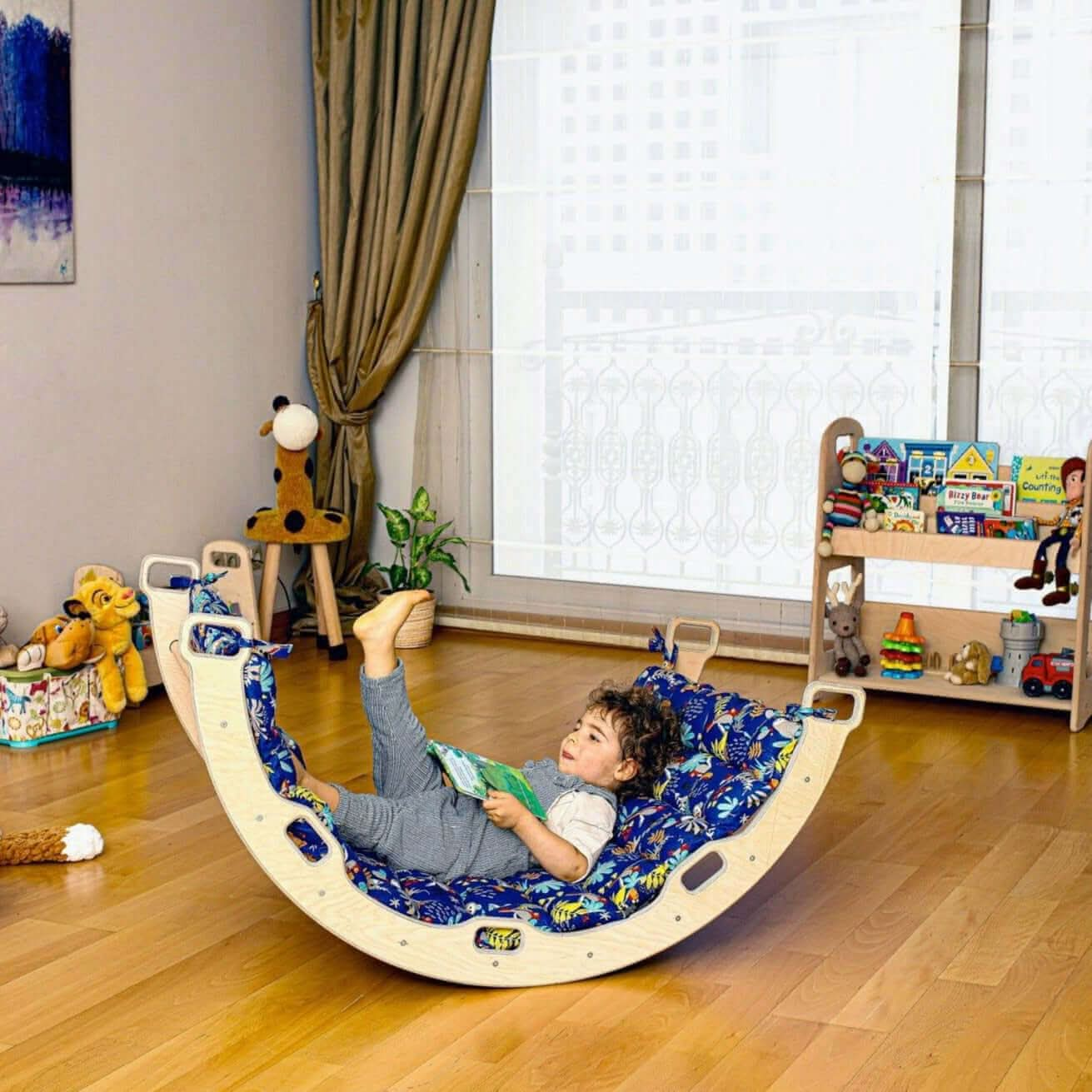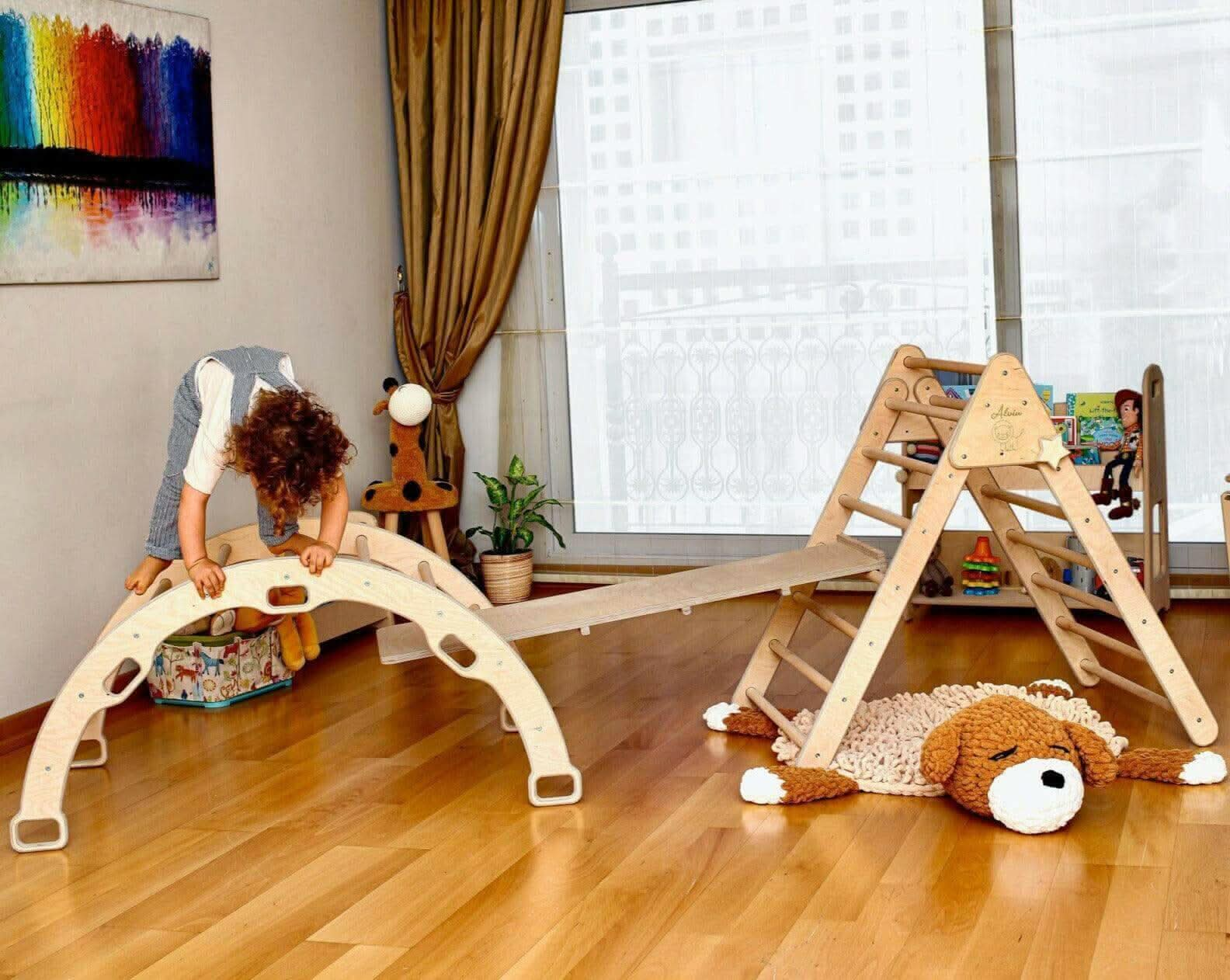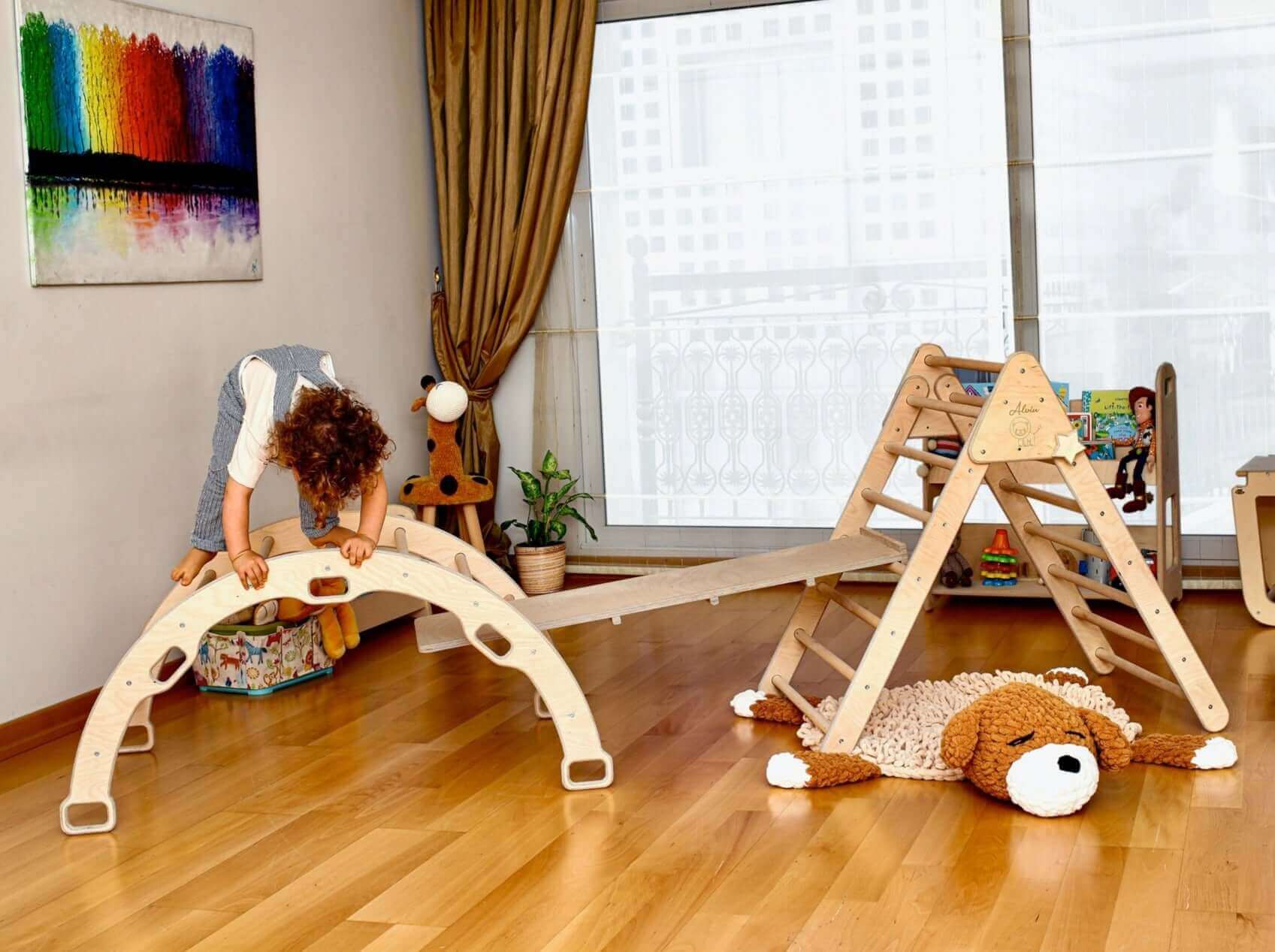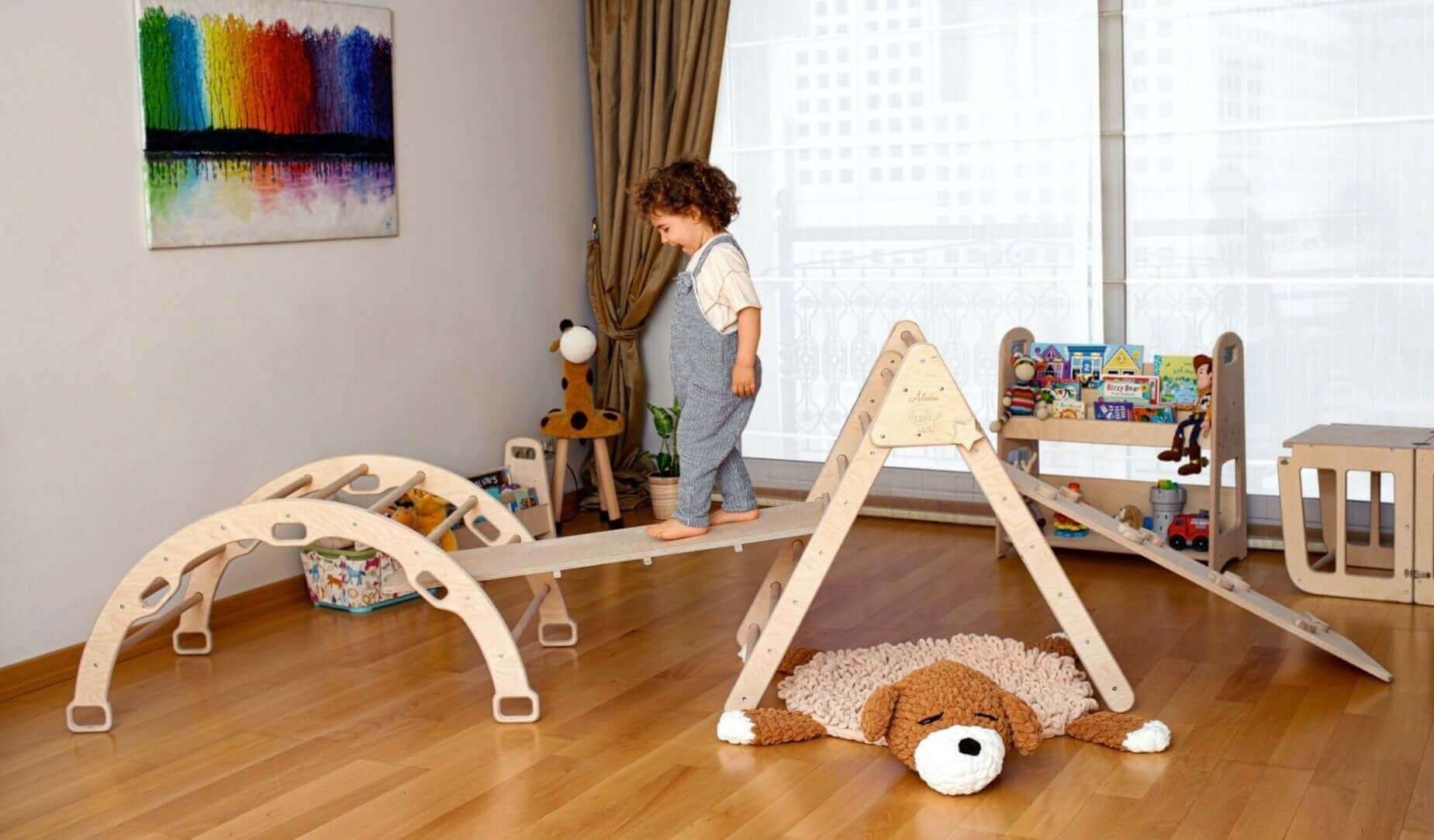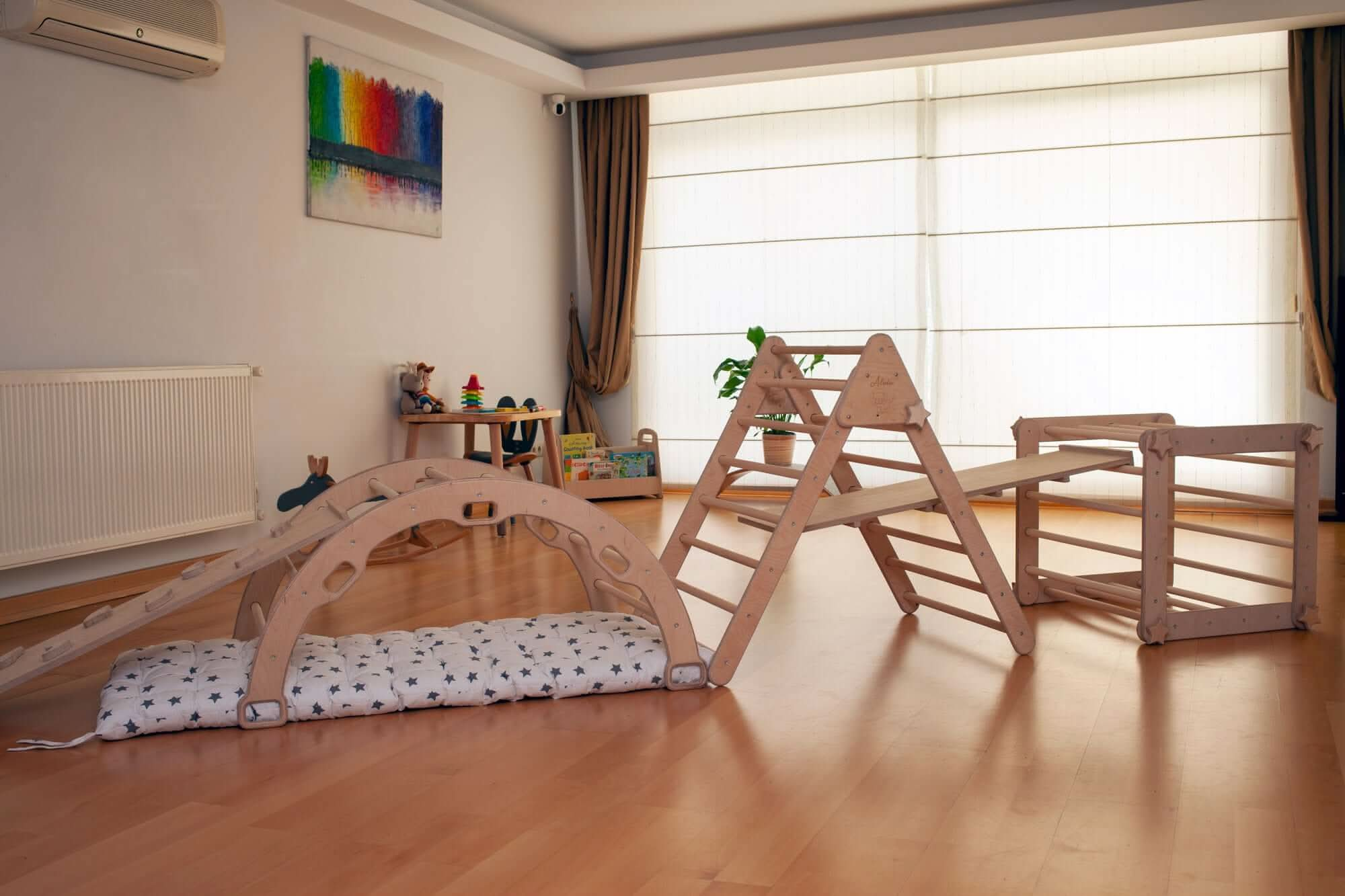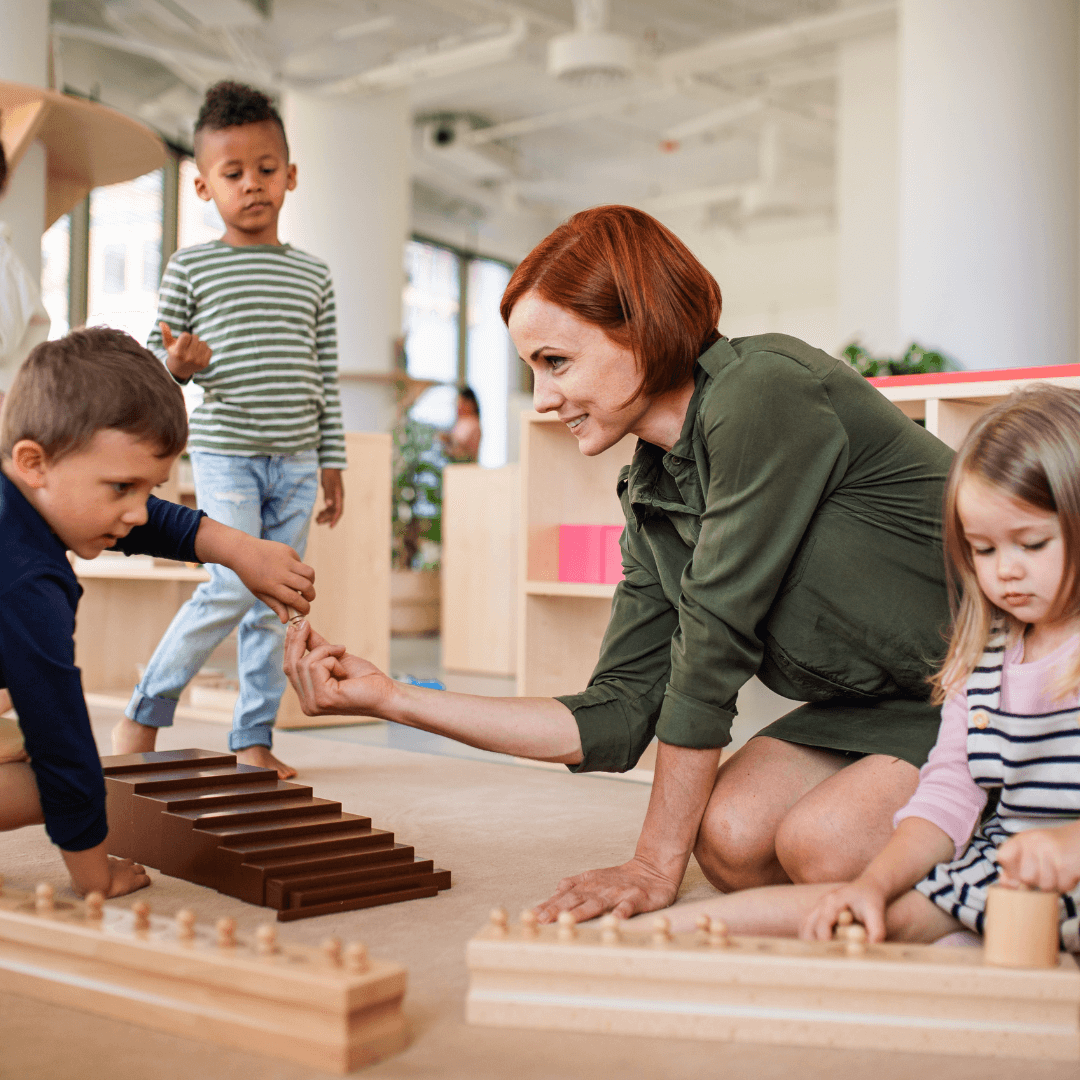
· By halit burak capraz
Creating a Montessori-Friendly Home: Tips for Parents
The Montessori method is a type of educational method developed by Italian physician Maria Montessori at the end of the 19th century. It promotes self-directed learning, letting children learn at their own speed using resources that align with their natural interests and activities, while instructors guide and assess their development. A Montessori classroom emphasizes hands-on learning and the development of practical skills.
The Montessori Method's focus on individuality and accommodating different learning styles makes it advantageous for implementing at home. By valuing each child as unique, it ensures that their learning needs are met in a way that suits them best. The method's emphasis on self-paced learning allows children to advance at their own speed, promoting a deeper understanding of concepts. Starting early, Montessori nurtures qualities like order, concentration, and independence, which are valuable life skills.
Integrating Montessori ideas at home, begins with a shift in perspective. As a parent, you must first recognize that children, even the youngest, are capable of far more than you realize. Once you recognize this, you may make some modifications in your household to prepare yourself and your child for Montessori success.
Here are a few ways to create a Montessori environment for your children.
- Simplify Your Home and Designated Spaces: Create a minimalist setting in which your youngster can explore freely. For babies, this may entail a safe, clutter-free environment with access to sensory items. As they grow, make sure their bedrooms and play areas are organized and immediately accessible, urging kids to be responsible for their belongings.
- Have a Child-Friendly Spot in the Kitchen: Involve your child in daily activities by giving them a low shelf in the pantry and refrigerator with their eating utensils within reach. This fosters independence and helps them learn practical life skills.
- Organize Toys, Books, and Other Belongings: Rotate toys every few weeks to keep things fresh and store them in designated areas on low shelves. This not only promotes order but also encourages your child to make independent choices.
- Use Montessori Toys: Choose toys made from natural materials, such as wood and cotton, that encourage exploration and creativity. Avoid toys that are overly complex or electronic, as they can limit imaginative play.
- Play a Supporting Role: Observe your child's interests and adapt the environment to support their learning. Model proper behavior and routines, and provide guidance when needed, encouraging independence while fostering a sense of security.
- Simplify Your Child's Wardrobe: Create a wardrobe that allows your child to choose their clothes independently. Store clothes in low drawers or baskets and keep only seasonally appropriate items accessible.
- Create a Reading Nook: Set up a comfortable nook with a small bookshelf or basket of books. Make sure the area is well-lit and comfortable, and encourage your youngster to discover the world through reading.
- Outdoor Exploration: Provide opportunities for outdoor exploration and play. Create a nature-inspired play area with natural materials like sand, rocks, and plants, allowing your child to connect with the natural world.
Incorporating Montessori principles into your home can greatly benefit your child's development. By creating a prepared environment that encourages independence, hands-on learning, and exploration, you can help your child develop crucial skills and a love for learning. Through simple changes like organizing spaces, using child-sized furniture, and emphasizing life skills, you can foster a sense of responsibility and capability in your child. By observing your child, modeling tasks, and providing a consistent environment, you can support their natural curiosity and desire to learn. Consider incorporating Montessori principles into your home to create a nurturing environment that promotes your child's growth and development.

